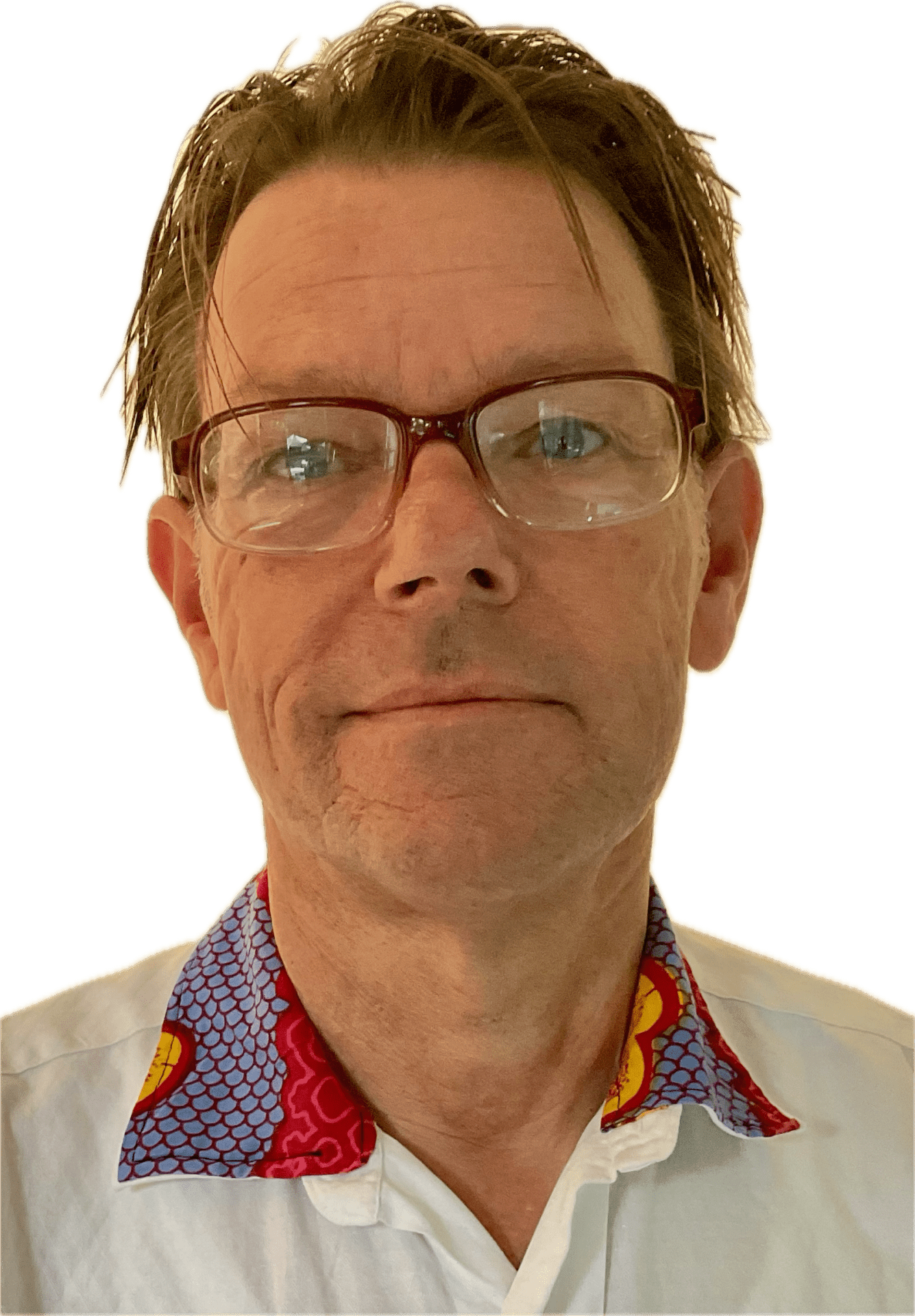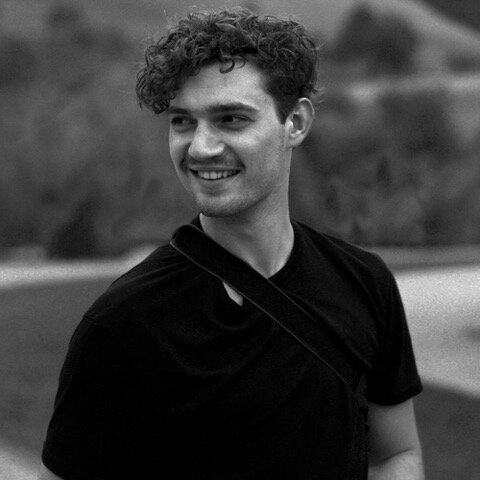The fact, that I live in Wendorf doesn’t mean that I can’t be reached. I live in Central Europe. I have a satellite Internet, a Lada Niva four-wheel drive, and a mobile phone, like everyone else in the Global Village
Ton Matton studied urban planning at TU Delft (1991) and initially founded the office Schie 2.0 in Rotterdam, focusing on urban and environmental design with the aim of implementing self-sufficient architectural moments. He was part of the Dutch design movement of the 1990s, which worked on the “Amnesty for the Built Reality” and engaged experimentally with the issues of planning and spatial planning. His most impactful projects are those in which Matton drastically changed the perception of a particular situation through different representations, effectively creating a new design.
An old DDR prefabricated school serves as the base for MattonOffice indie urbanist. Between Hamburg and Berlin, Ton Matton maintains a large studio in a small village structure. With a hyper-modern lifestyle balancing urban attitudes and a wood-fired heating system, Ton Matton seeks connections between traditional rural life and contemporary lifestyle.
“The fact that I live in Wendorf doesn’t mean that I can’t be reached. I live in Central Europe. I have satellite Internet, a Lada Niva four-wheel drive, and a mobile phone, like everyone else in the Global Village.” (A10 Magazine, Wonderland 2006).
Here, Ton Matton pursues the small utopias and disruptive moments of everyday life. MattonOffice views nature as an object for the aesthetic mediation of societal crises.
Ton Matton’s work spans object design, social design, ecological urban planning, and artistic activism. Currently, he is a fellow at the DFG College Imaginaries of Force, where he researches wind turbines and energy landscapes. Additionally, he is preparing the Potemkin Art Academy in Schwerin, a performative installation based on improvisation.
Publications:
- Slow Urban Planning. Tribsees Zukunft machen, Berlin 2023.
- @the countryside Wendorf Academy Summerschool 22, Wendorf 2022.
- Zweifel. Performative Stadtplanung in 13 Vorträgen, Berlin 2019.
- Dorf machen. Improvisationen zur sozialen Wiederbelebung (Ed.), Berlin 2017.
- Not Welcome. Exhibition, co-edited with Michael Obrist and Antoine Turillon, Linz 2016.
- Hacking Habitat (Ed.), Munich 2015.
interventa Hallstatt 2024: Tom Matton is participant in the panel discussion on the subject of Identität, as well as the discussion on the topic of Raumproduktion and the moderated talk on the subject of Mobilitätswende und zukünftige Spekulationen.
further participants
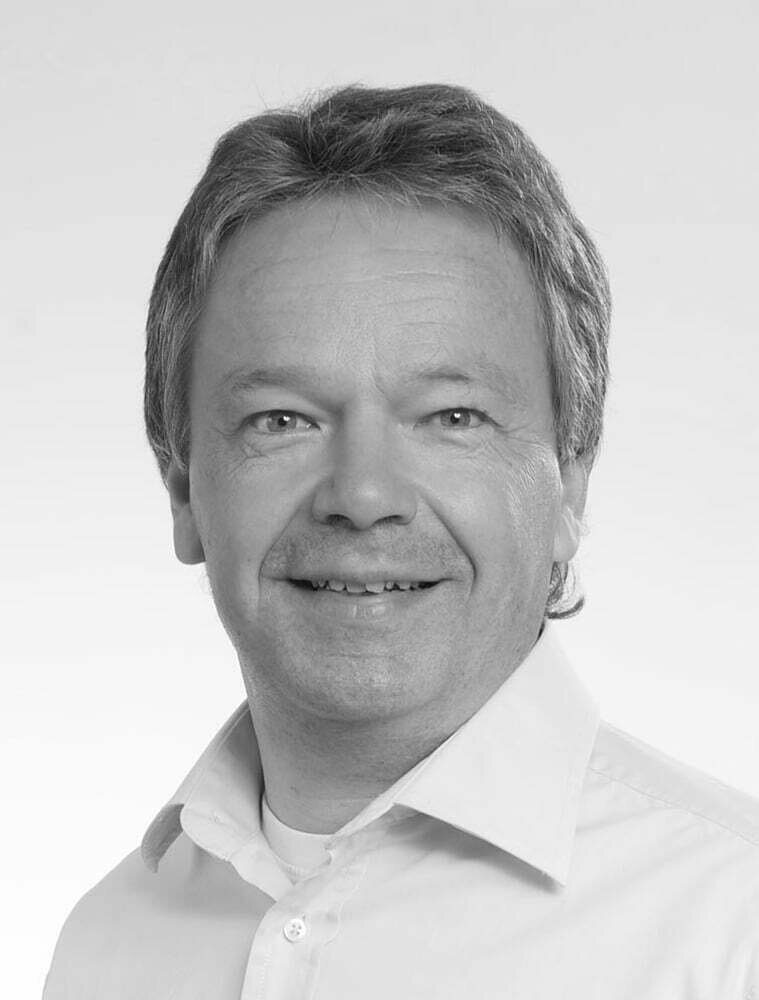
Alexander Scheutz
general / tourism / uncategorized
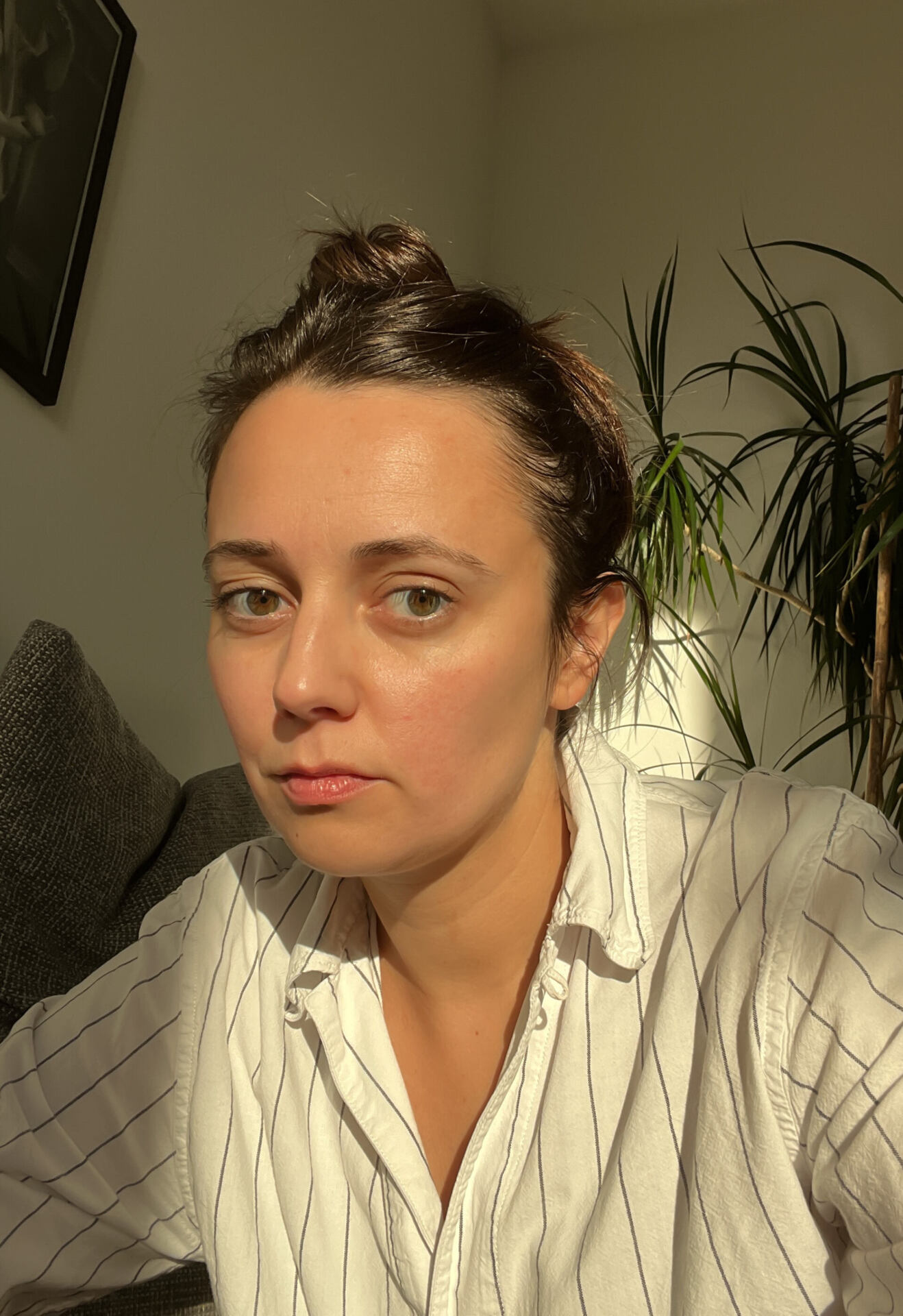
Alexandra Wanderer
general / uncategorized
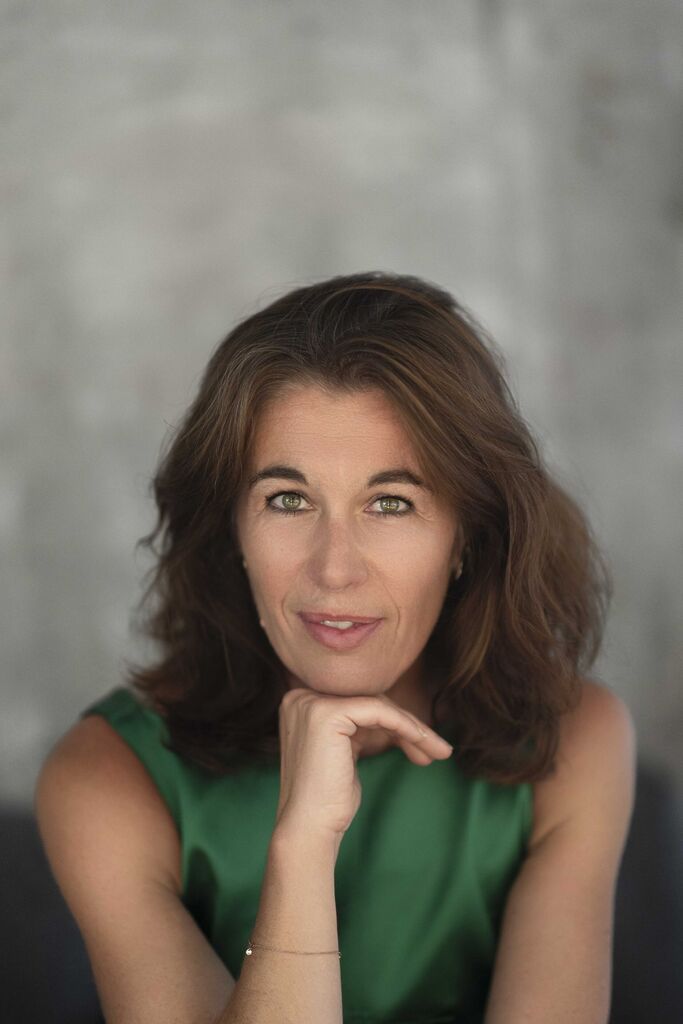
Andrea Grill
biology / literature
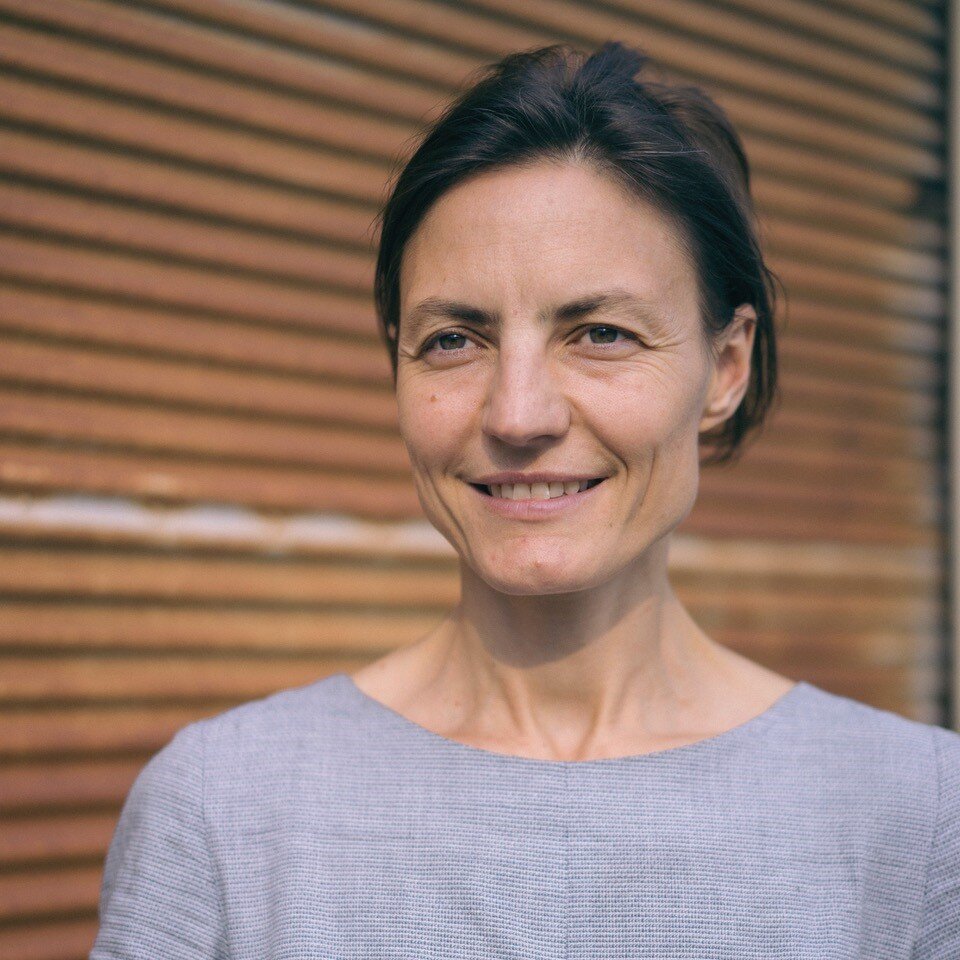
Andrea Kessler
architecture
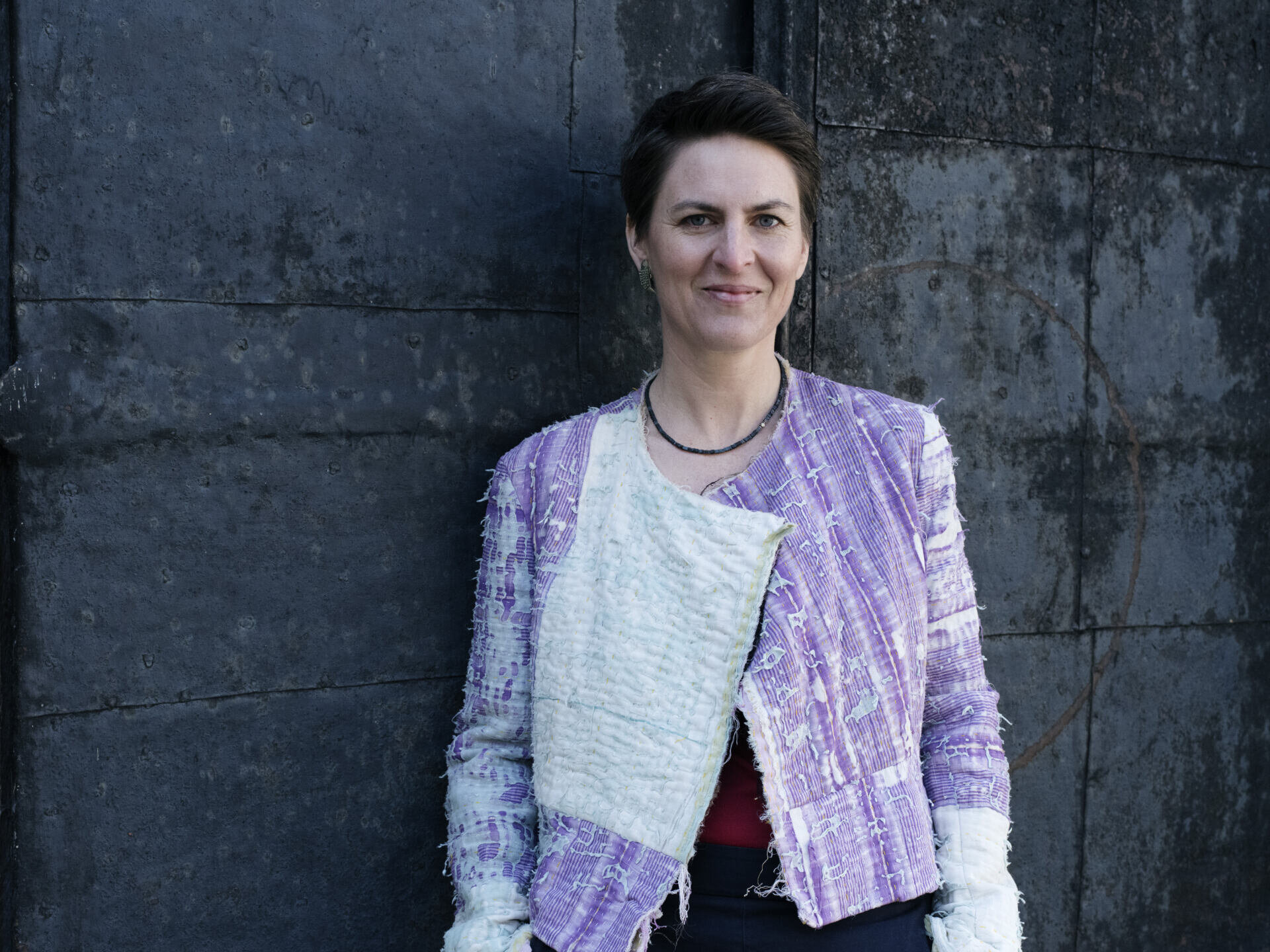
Anna Heringer
architecture / Bildung / ecology

Anna Soucek
architecture / literature
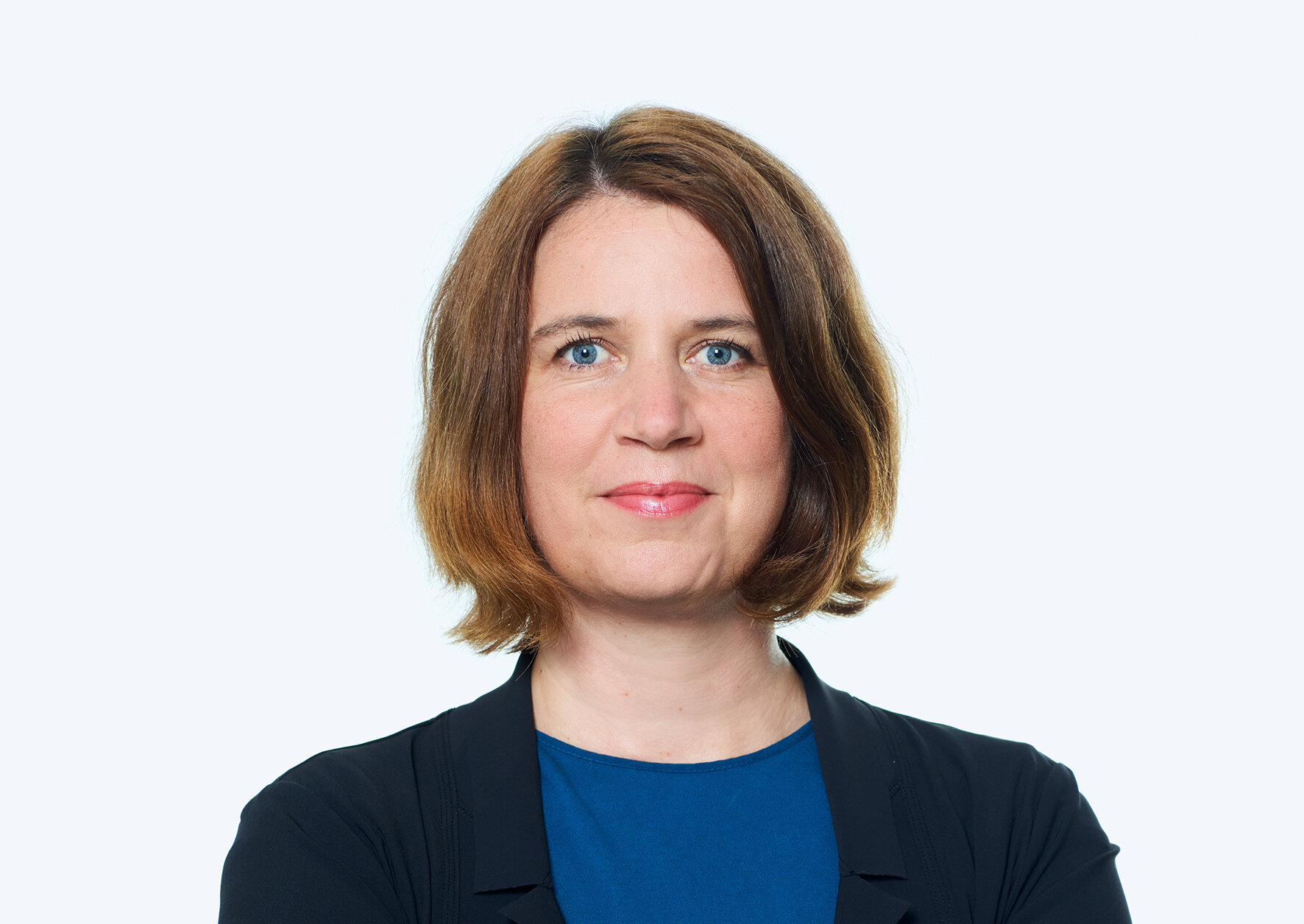
Anneke Essl
architecture
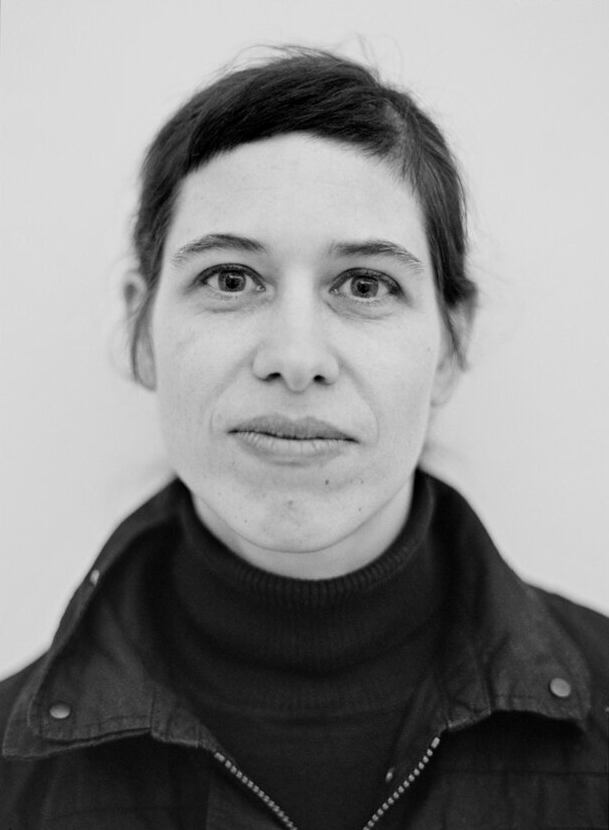
Annja Krautgasser
fine arts / media arts / performing arts
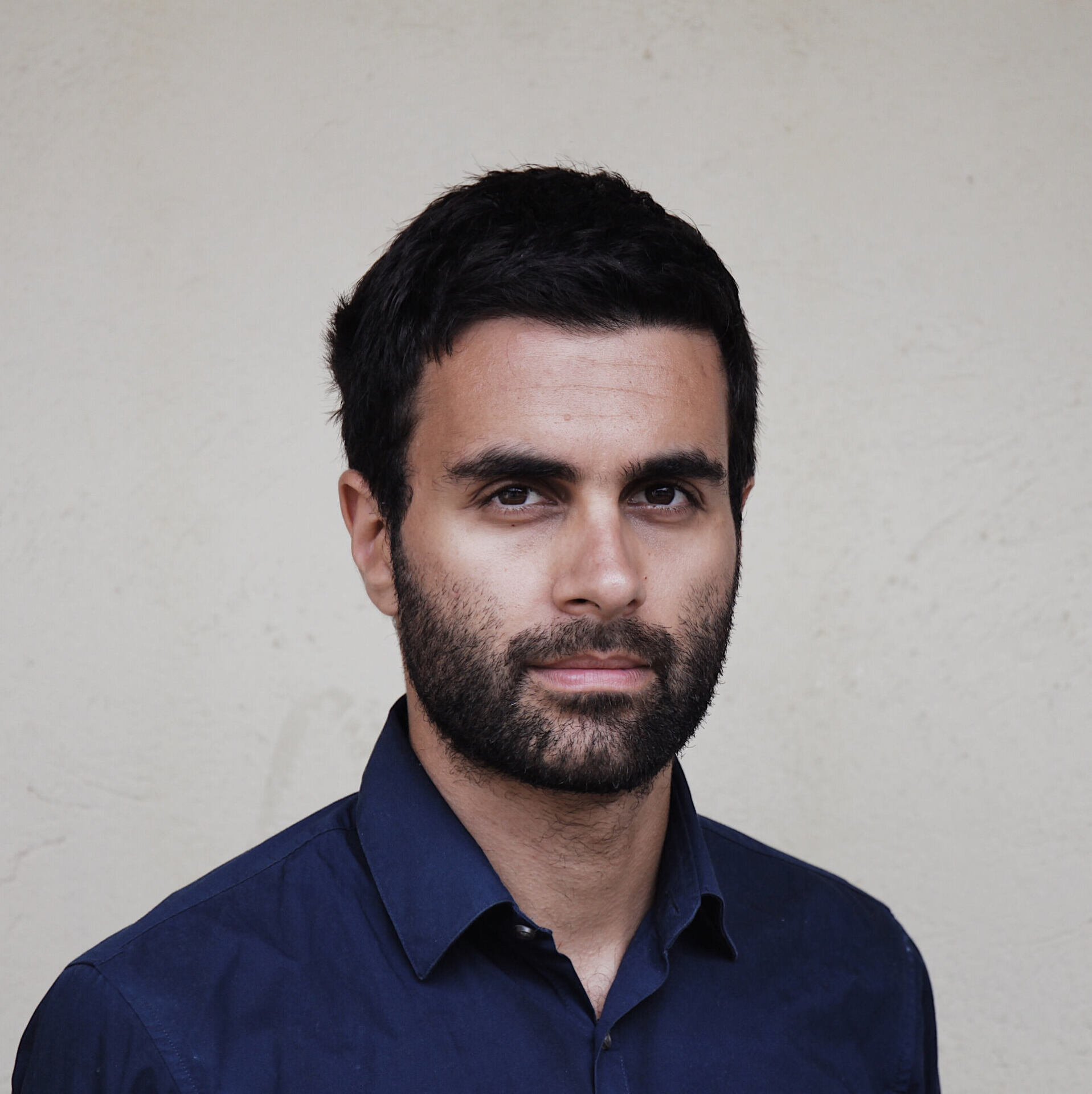
Arian Lehner
mobility
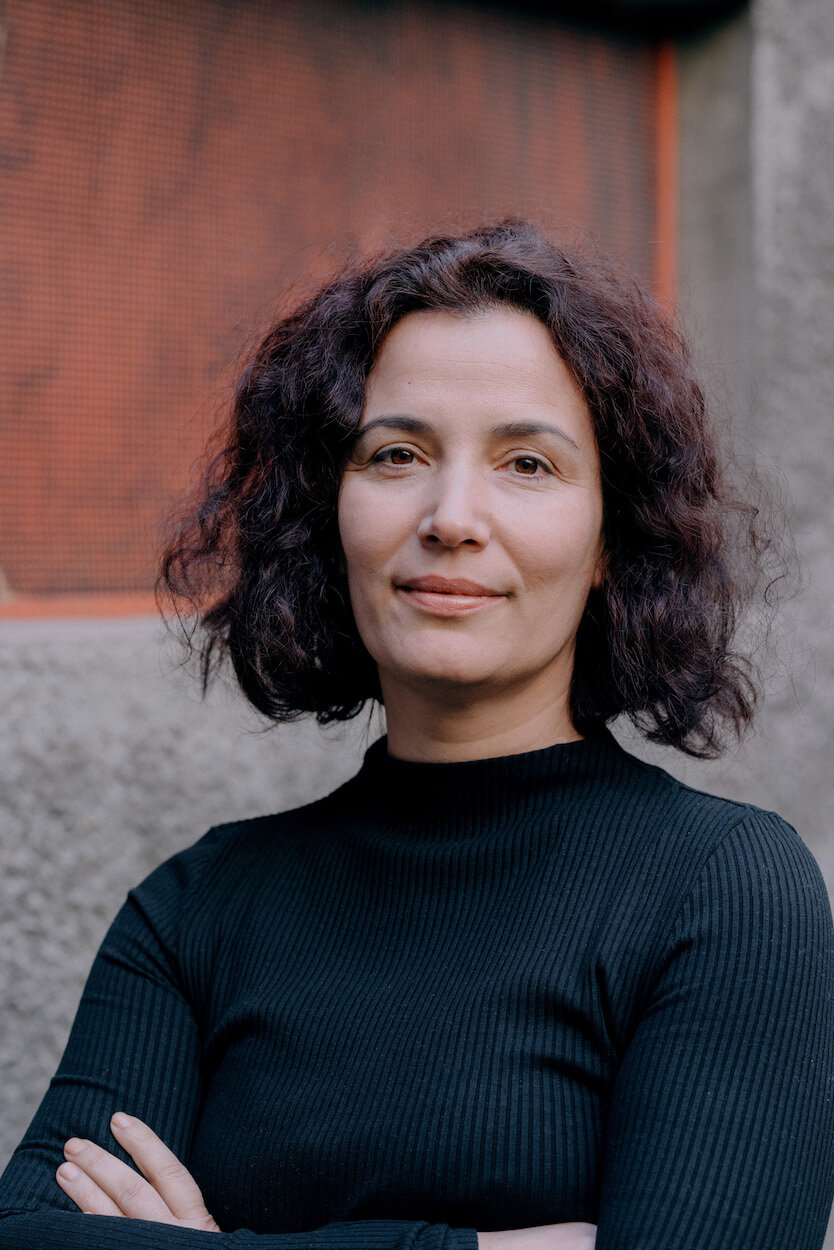
Bahanur Nasya
architecture / mobility
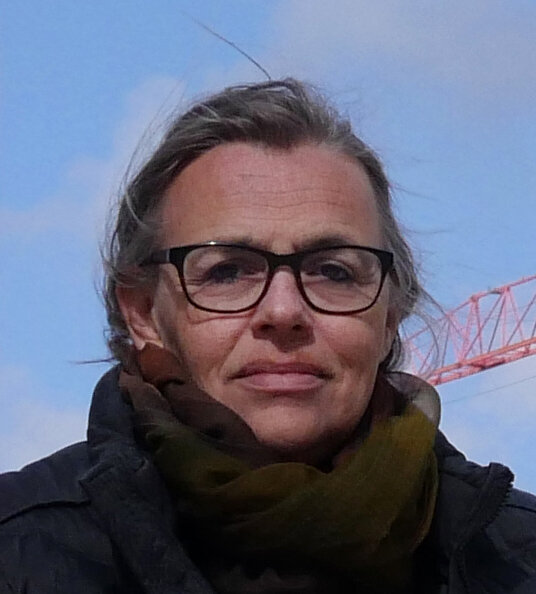
Barbara Feller
architecture / Bildung / education / philosophy

Barbara Hrovat
general / uncategorized
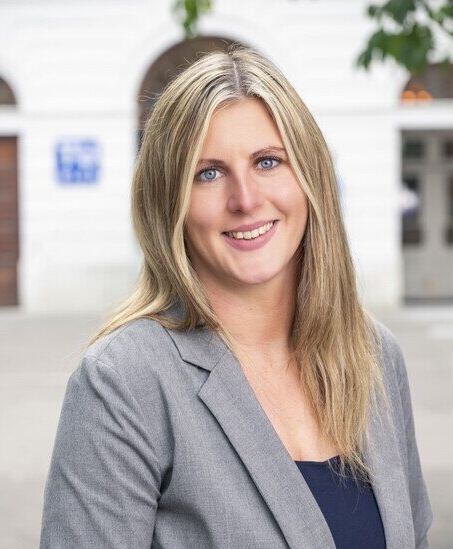
Barbara Steinbrunner
Bildung / education / spatial planning

Bernd Paulowitz
general / uncategorized
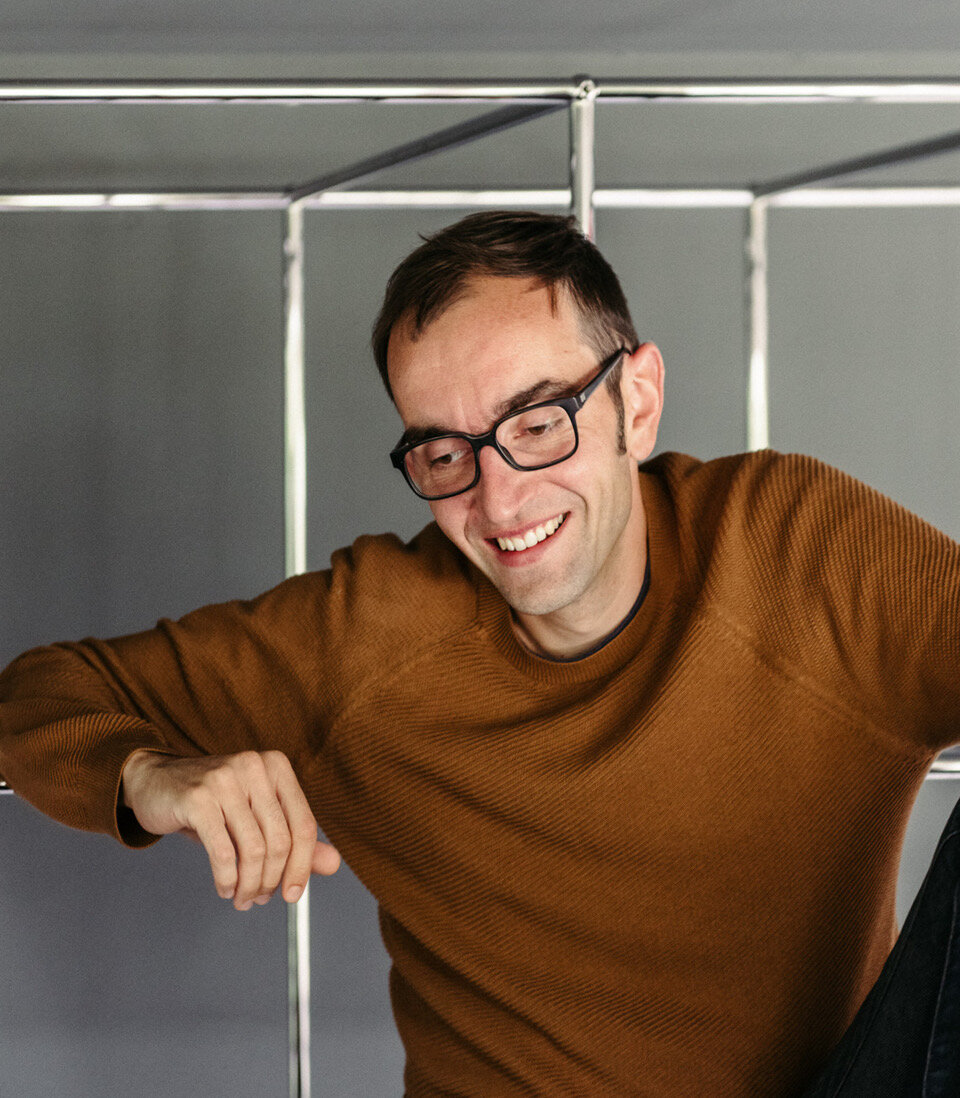
Bernhard König
architecture / landscape architecture / Landschaftsarchitektur
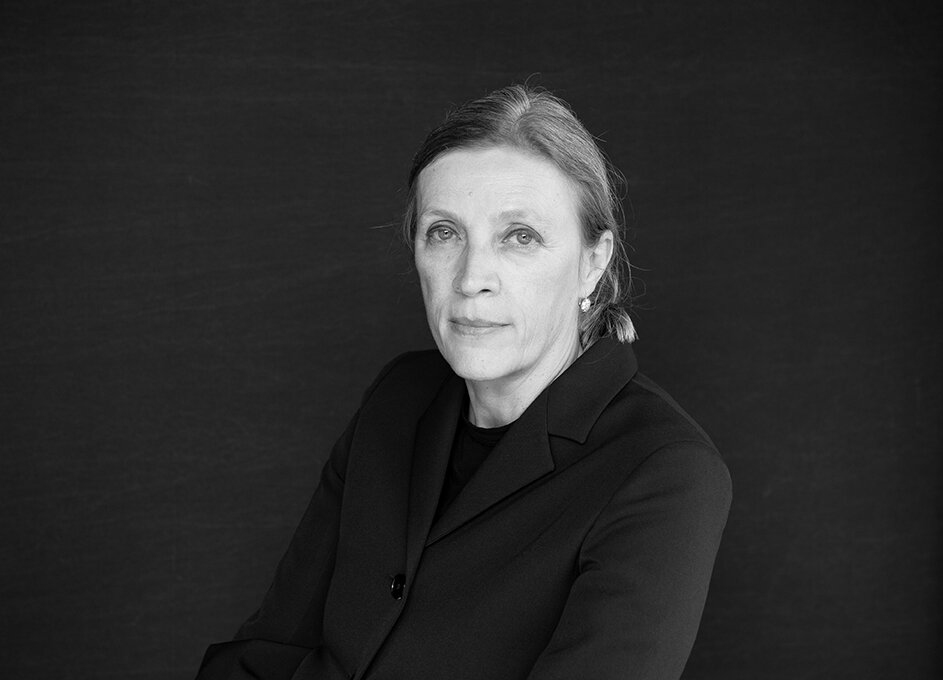
Bettina Götz
architecture
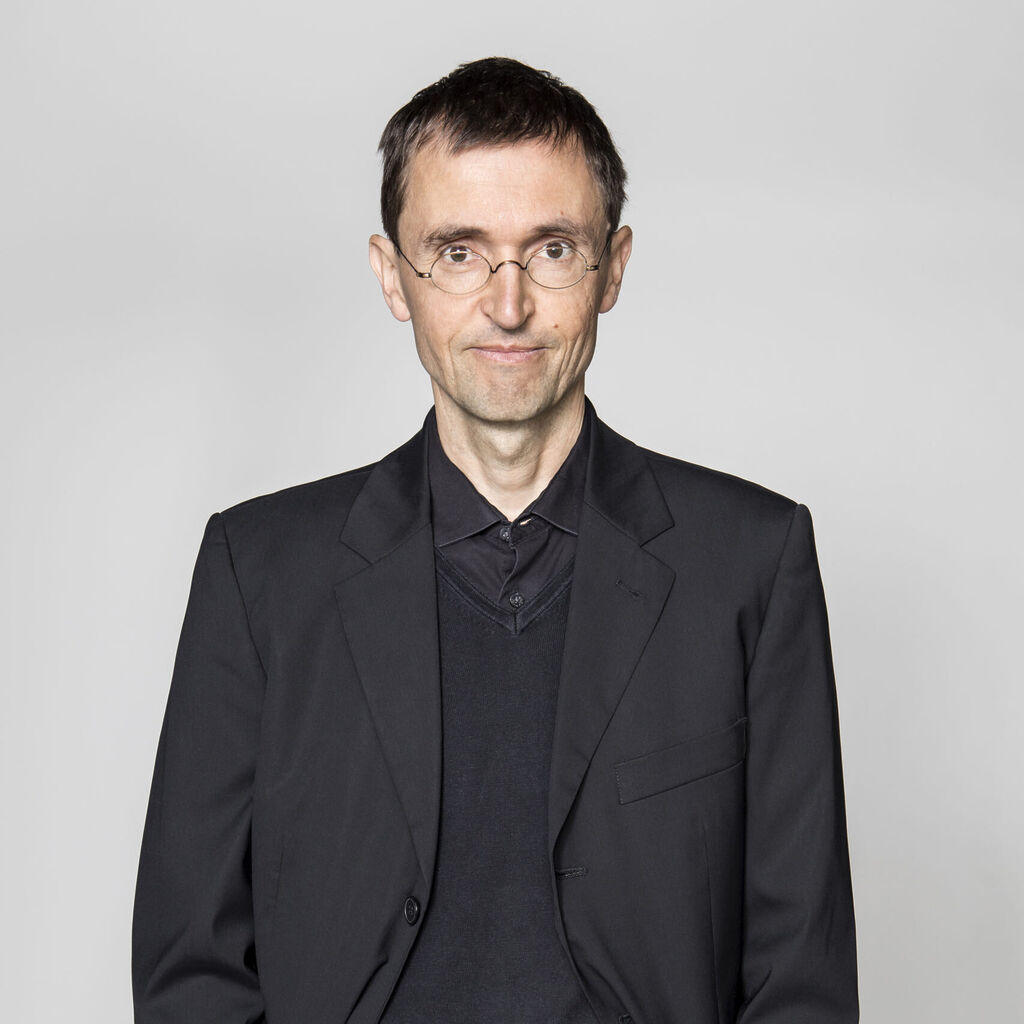
Björn Wilker
composing / music / performing arts

Christian Agboada Lord Zigato
architecture
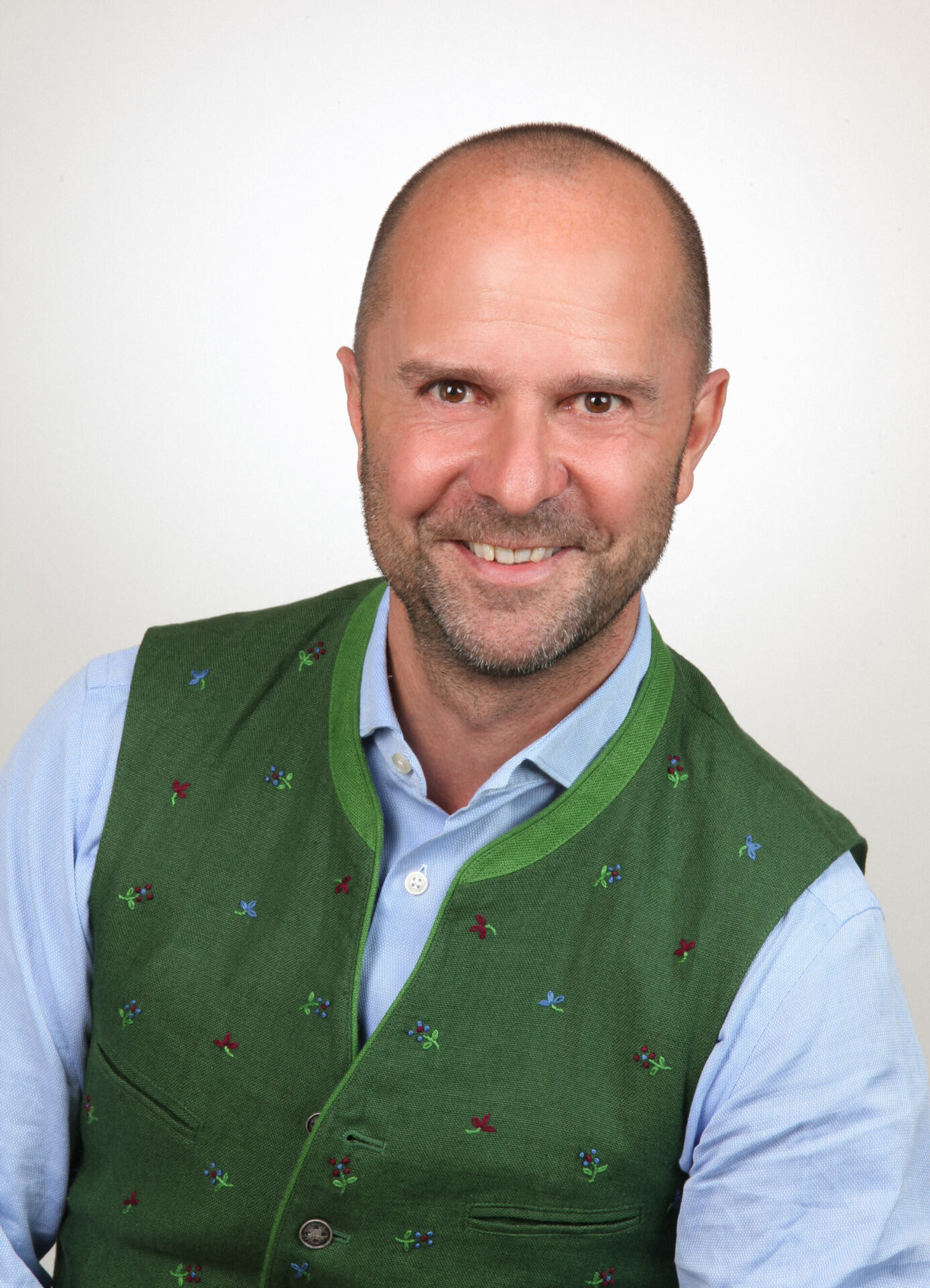
Christian Schirlbauer
tourism
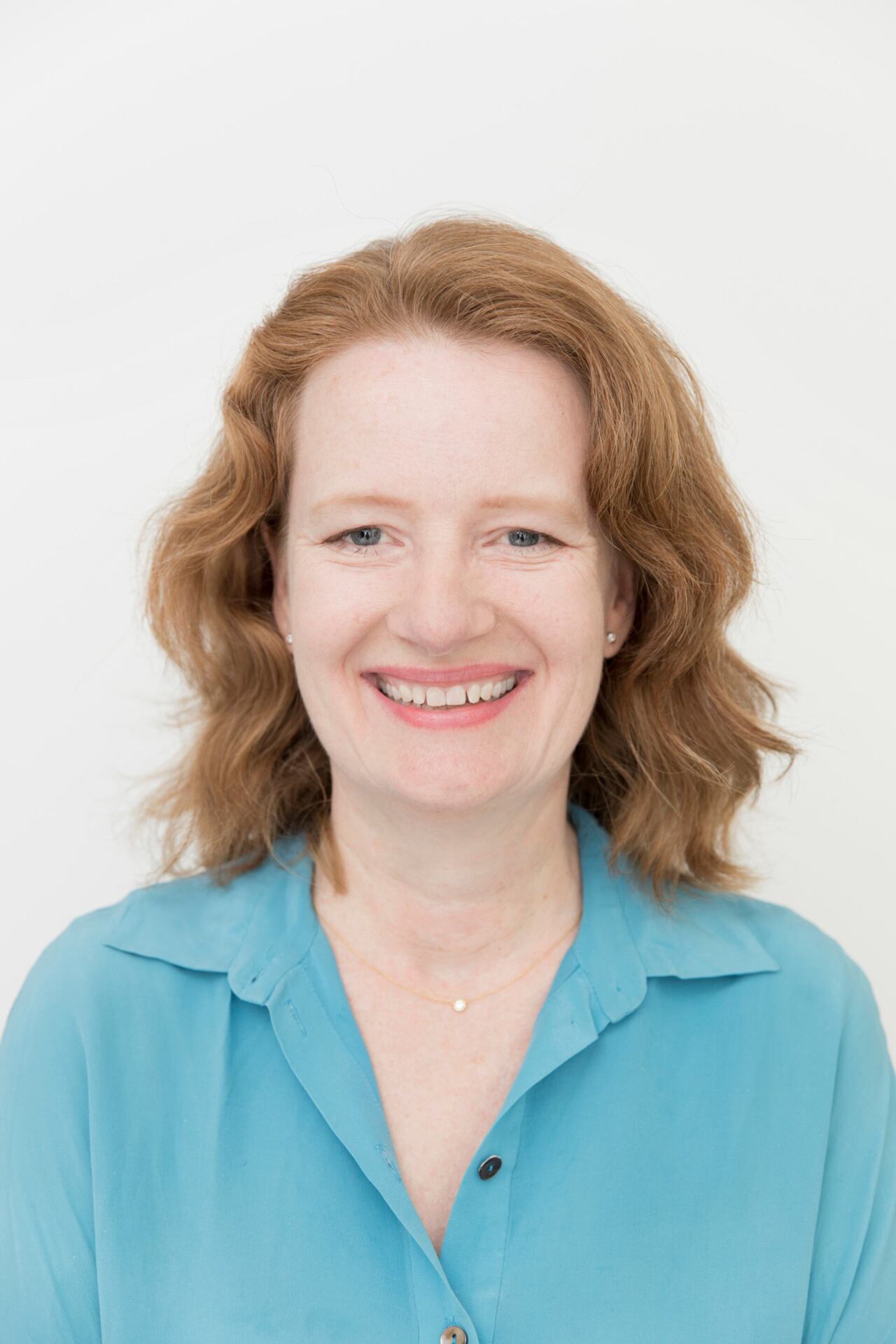
Christiane Sauer
architecture / design

Christoph Preimesberger
general / uncategorized
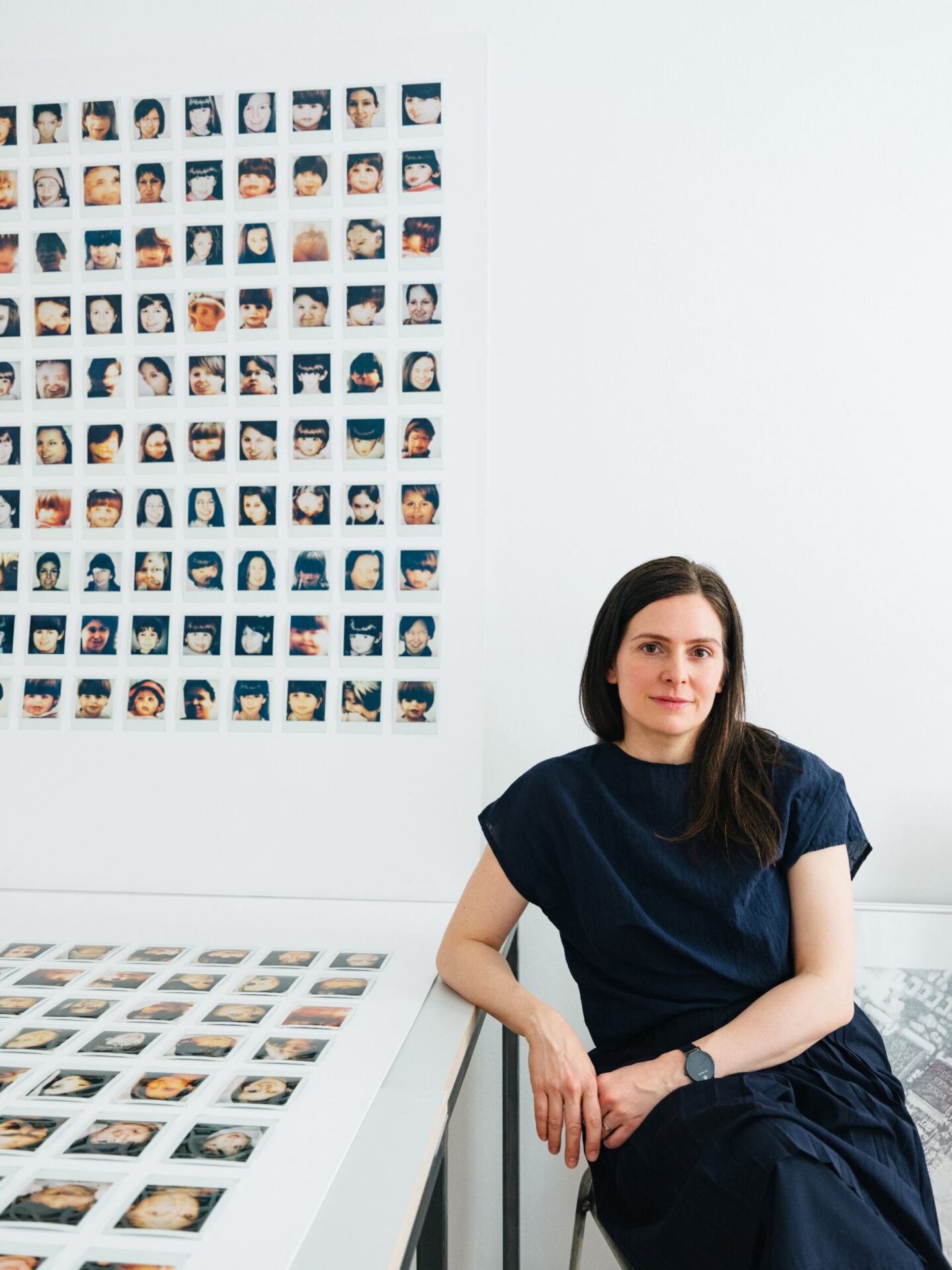
Claudia Larcher
fine arts / media arts
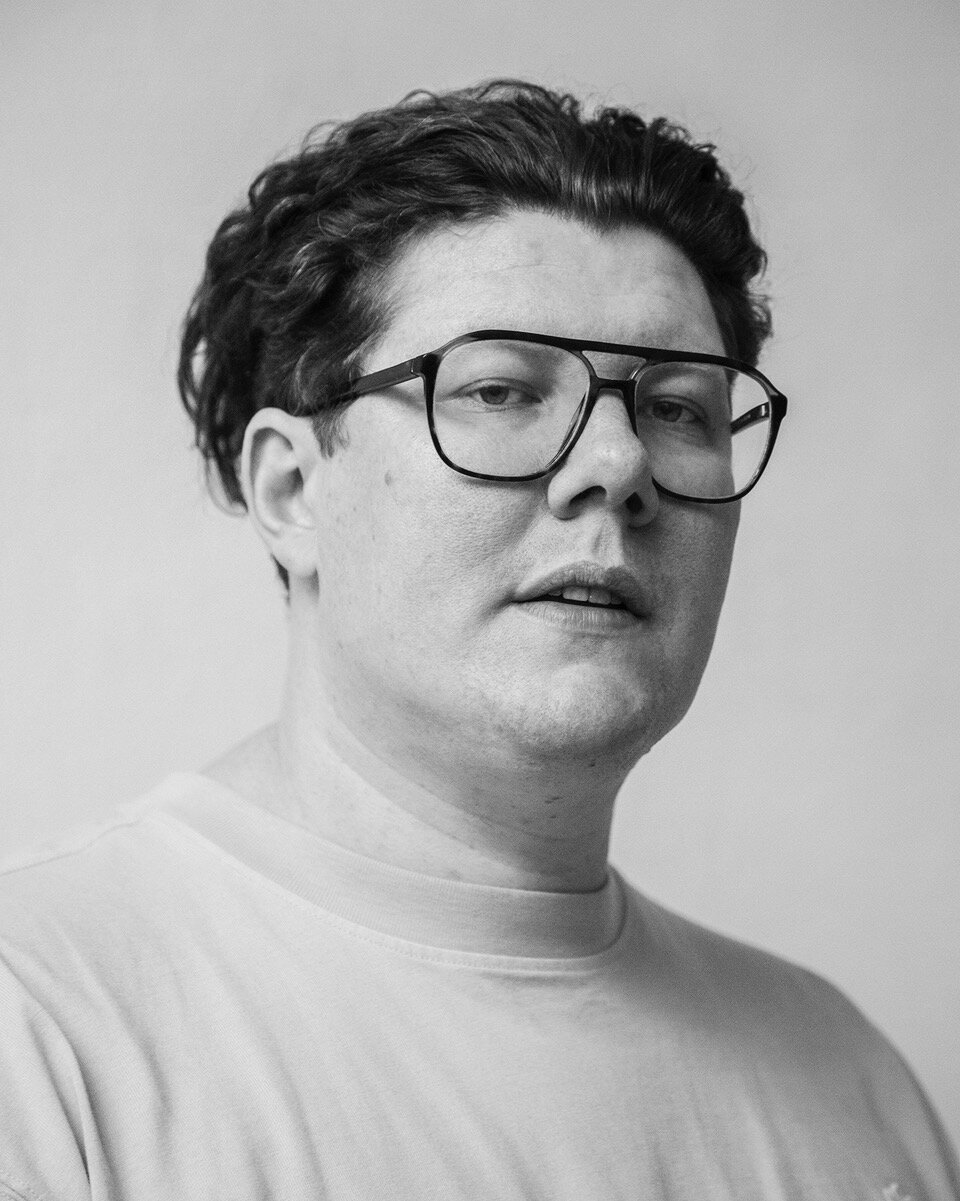
Clemens Bauder
architecture / fine arts
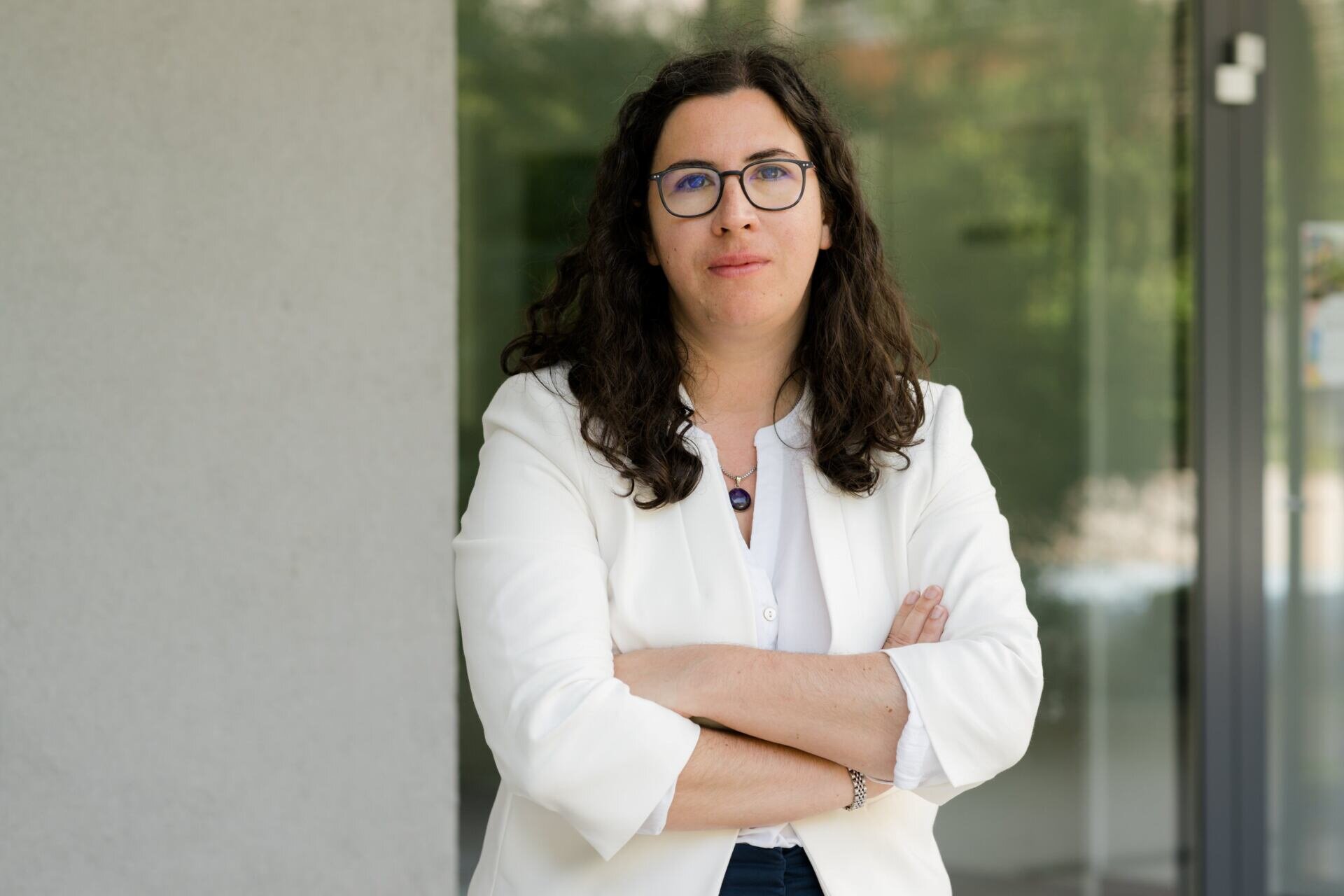
Cornelia Dlabaja
sociology / tourism
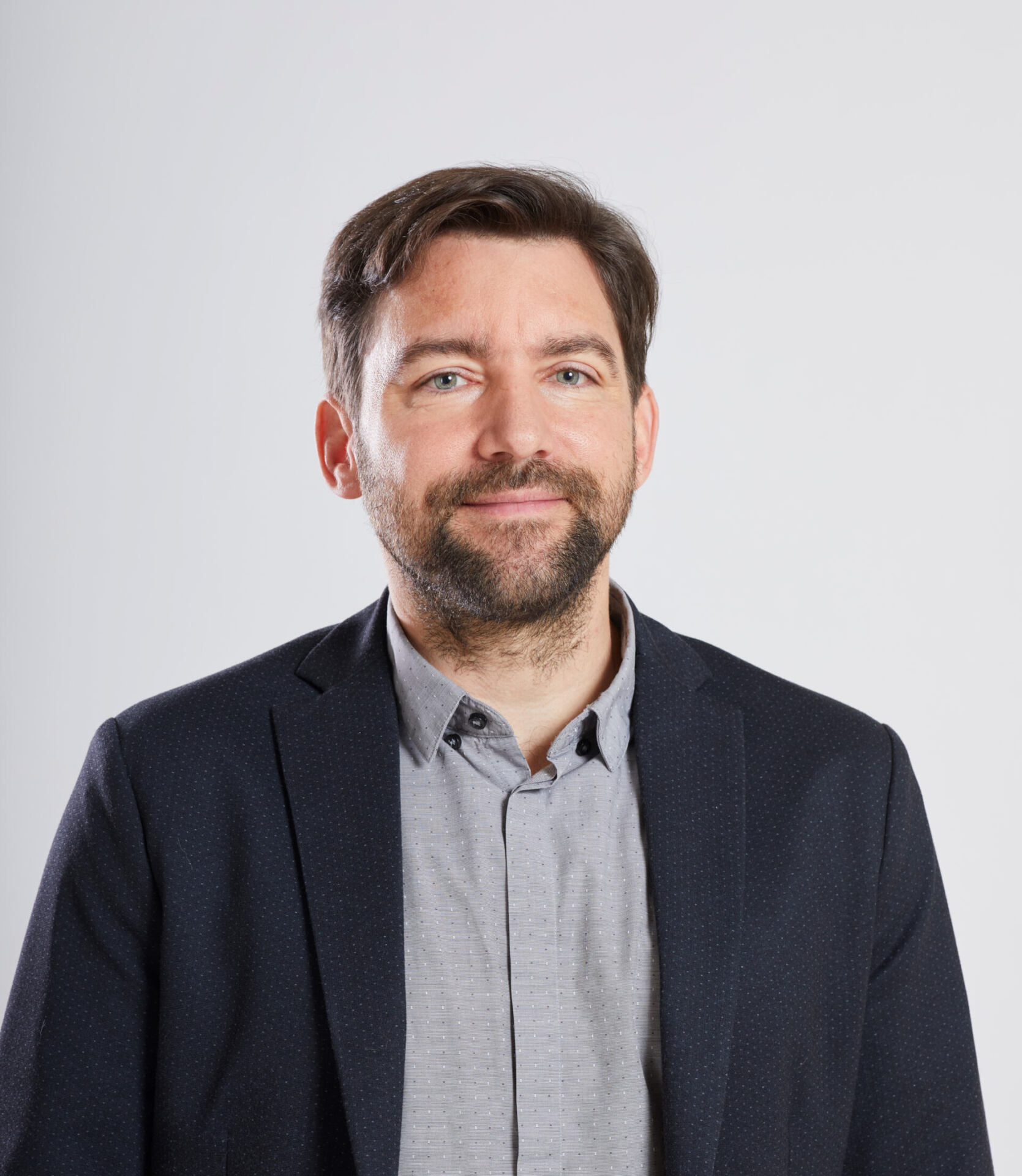
Elias Molitschnig
architecture
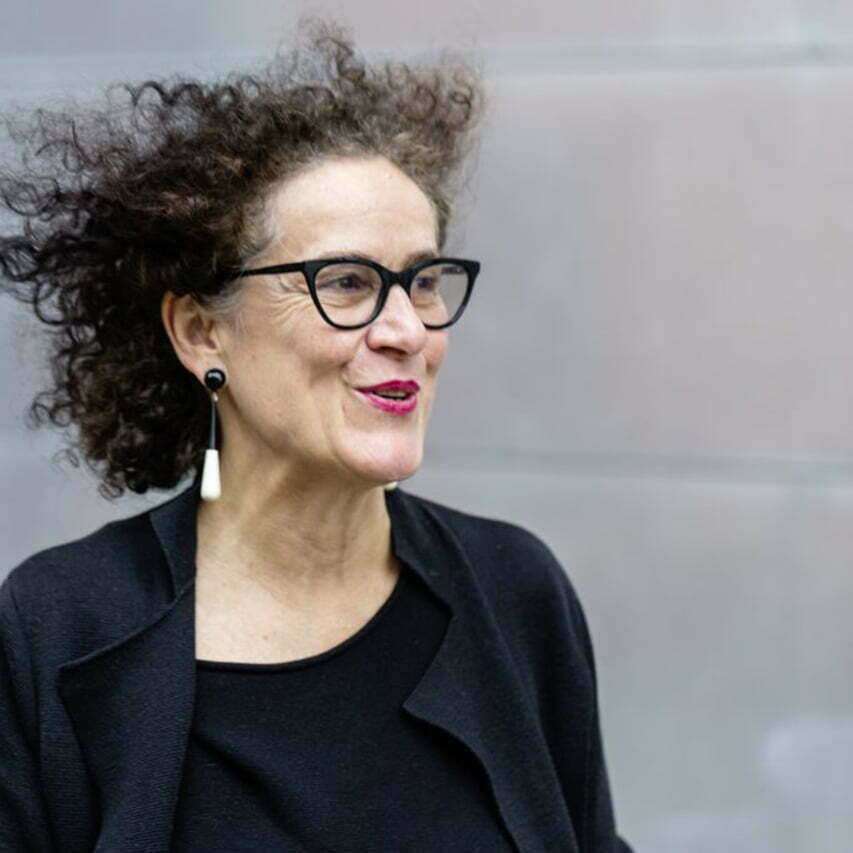
Elisabeth Schweeger
fine arts / general / literature / media arts / performing arts / philosophy
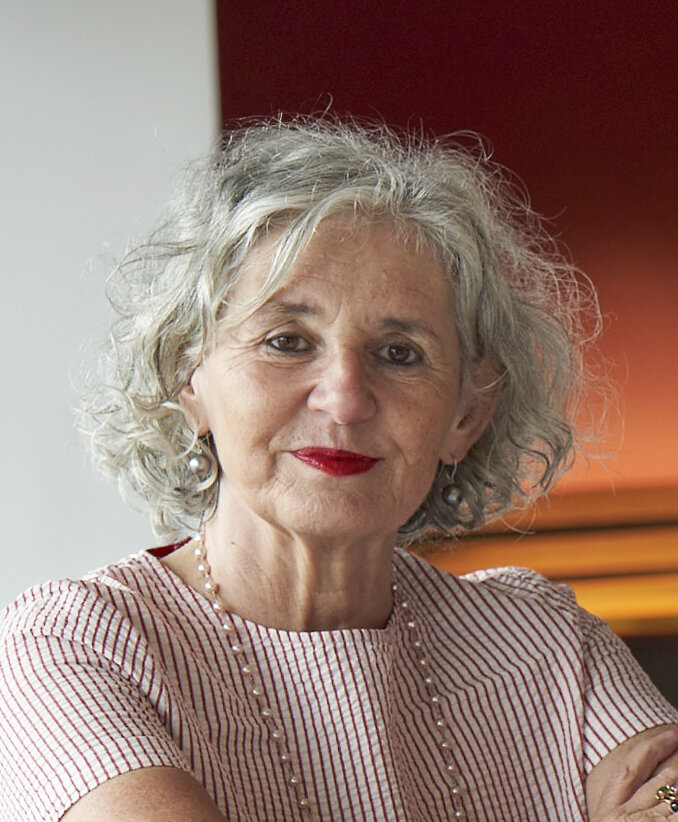
Elsbeth Wallnöfer
literature / performing arts / sociology

Ernst J. Fuchs
architecture
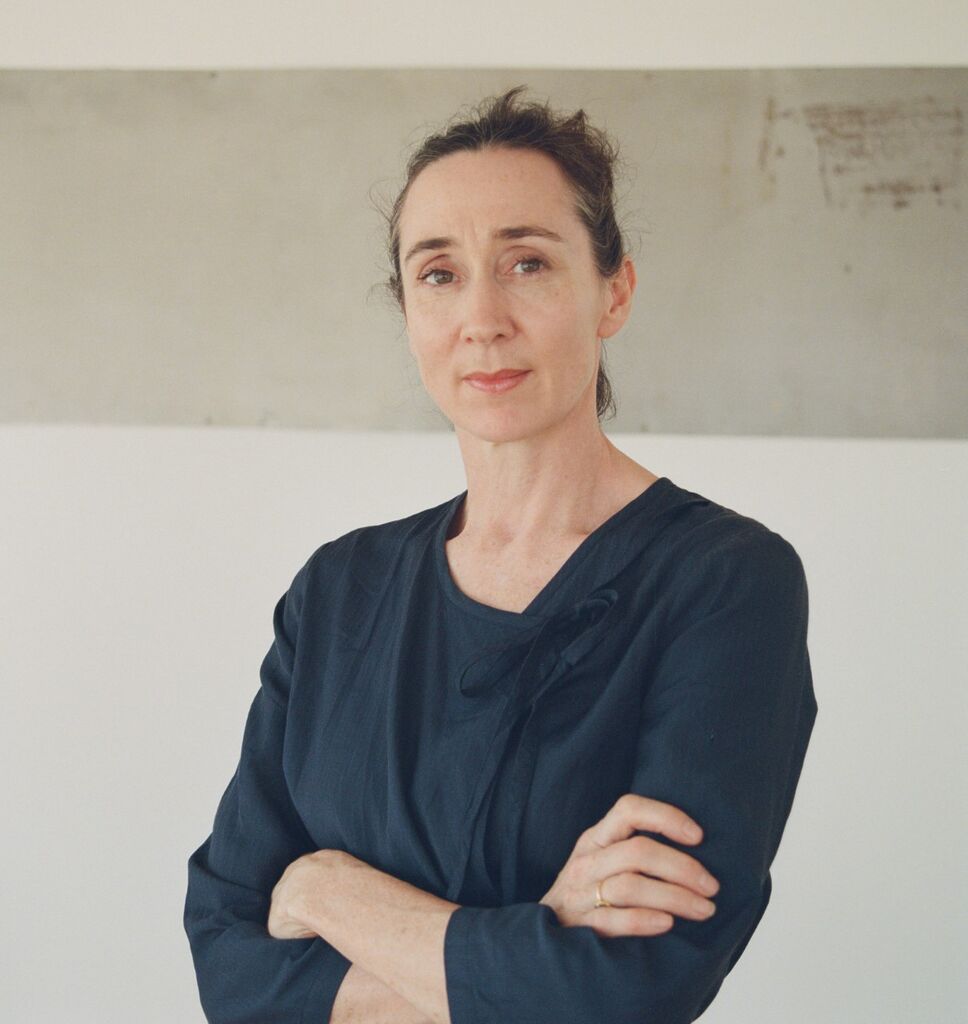
Esther Balfe
performing arts
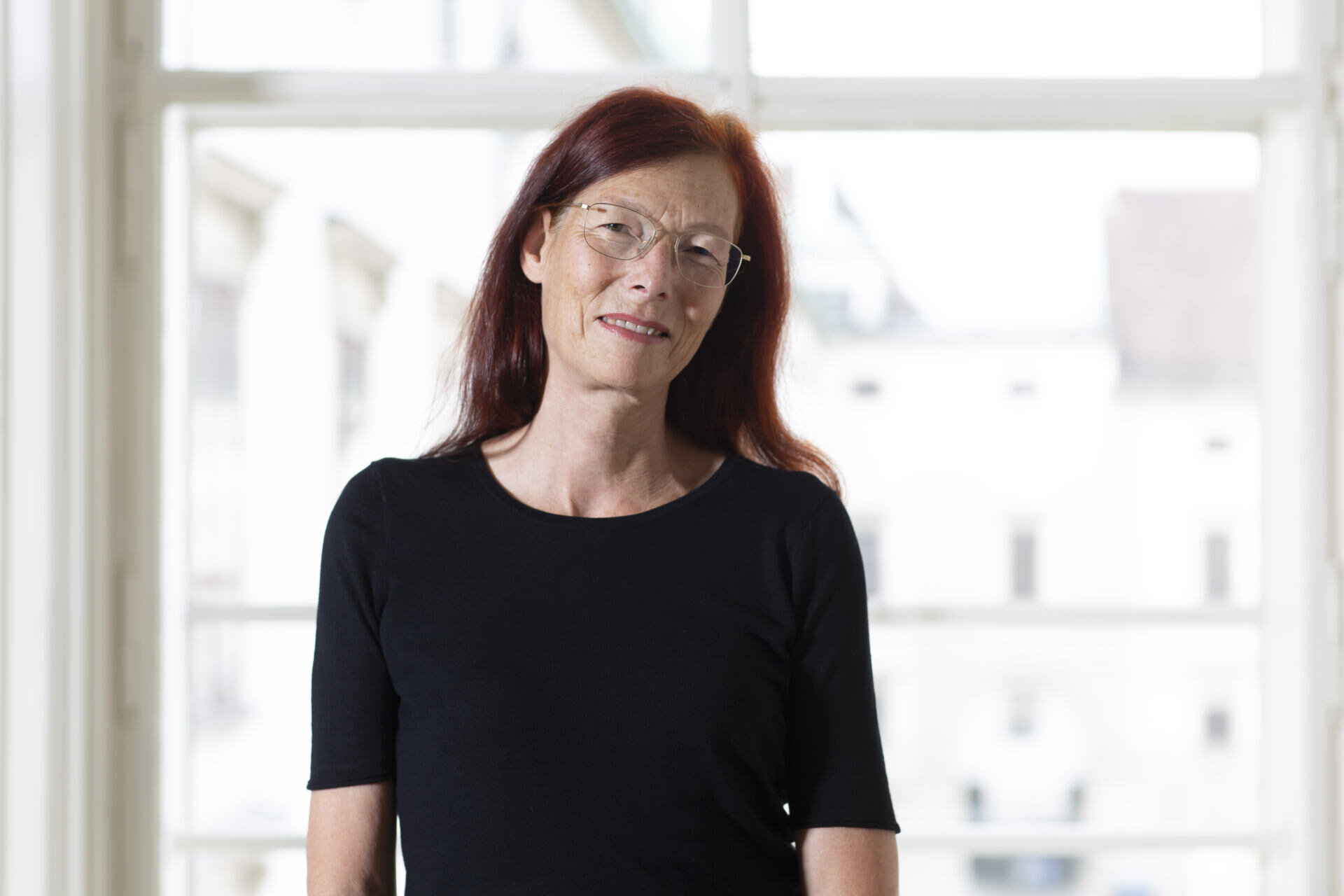
Eva Hody
architecture
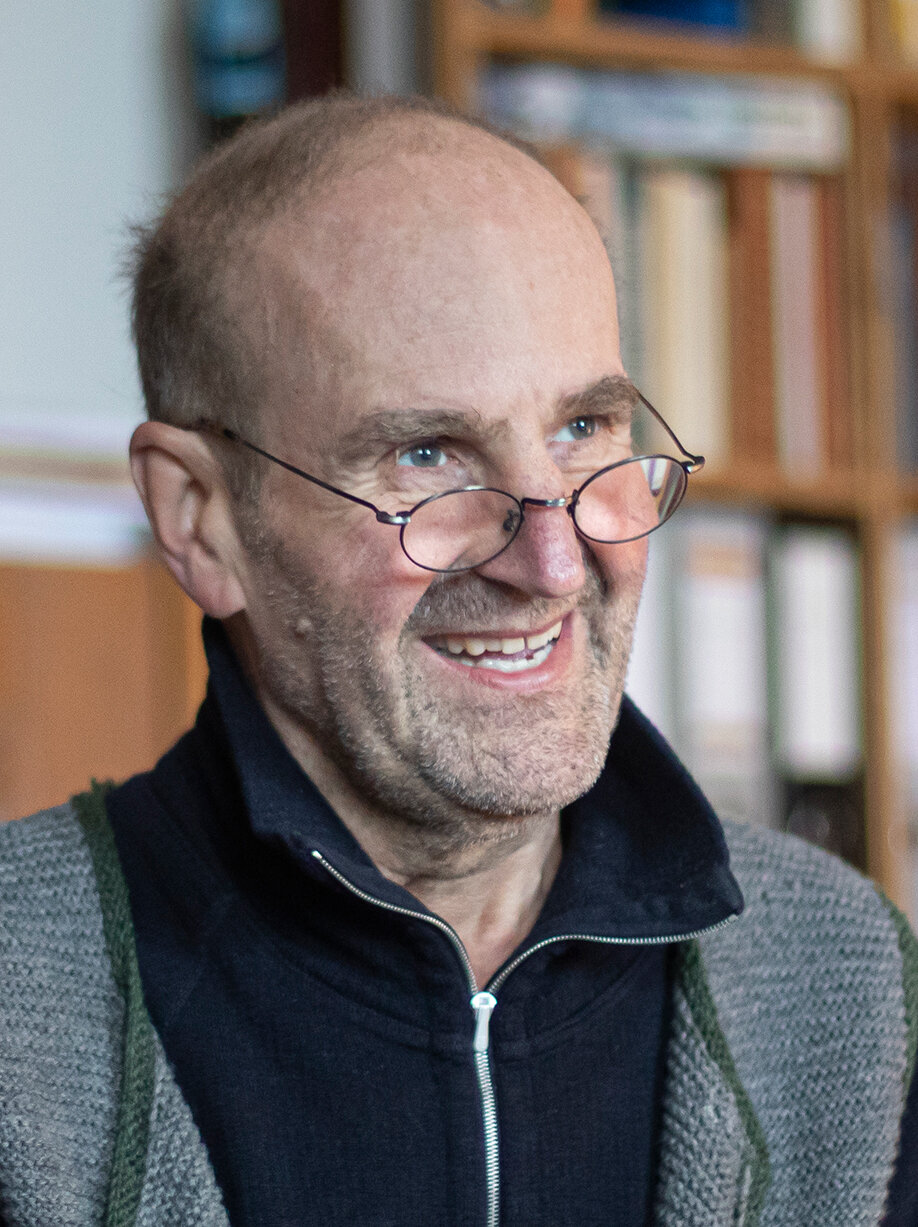
Friedrich Idam
architecture

Fritz Wolf
ecology
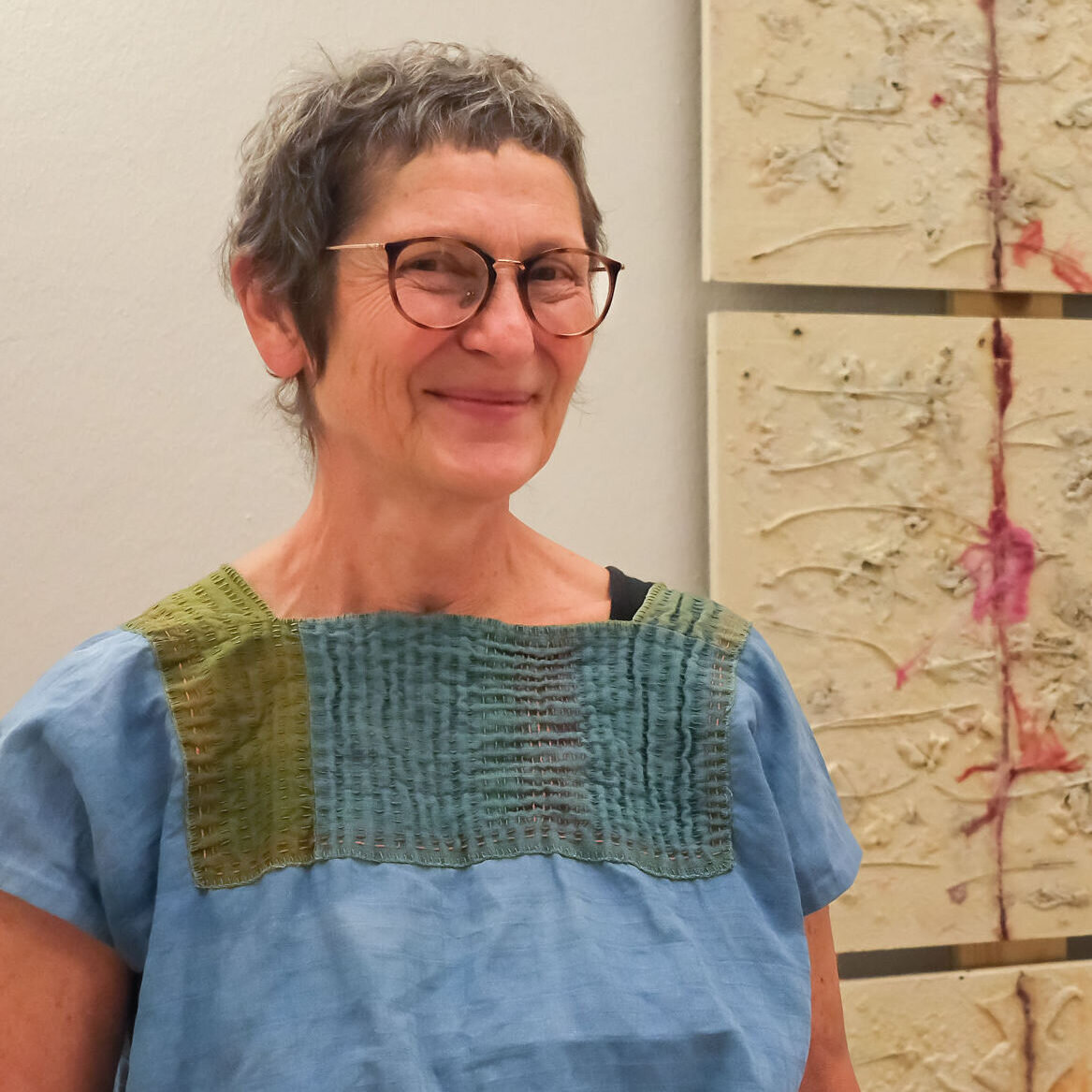
Gabriele Schuller
ecology / fine arts
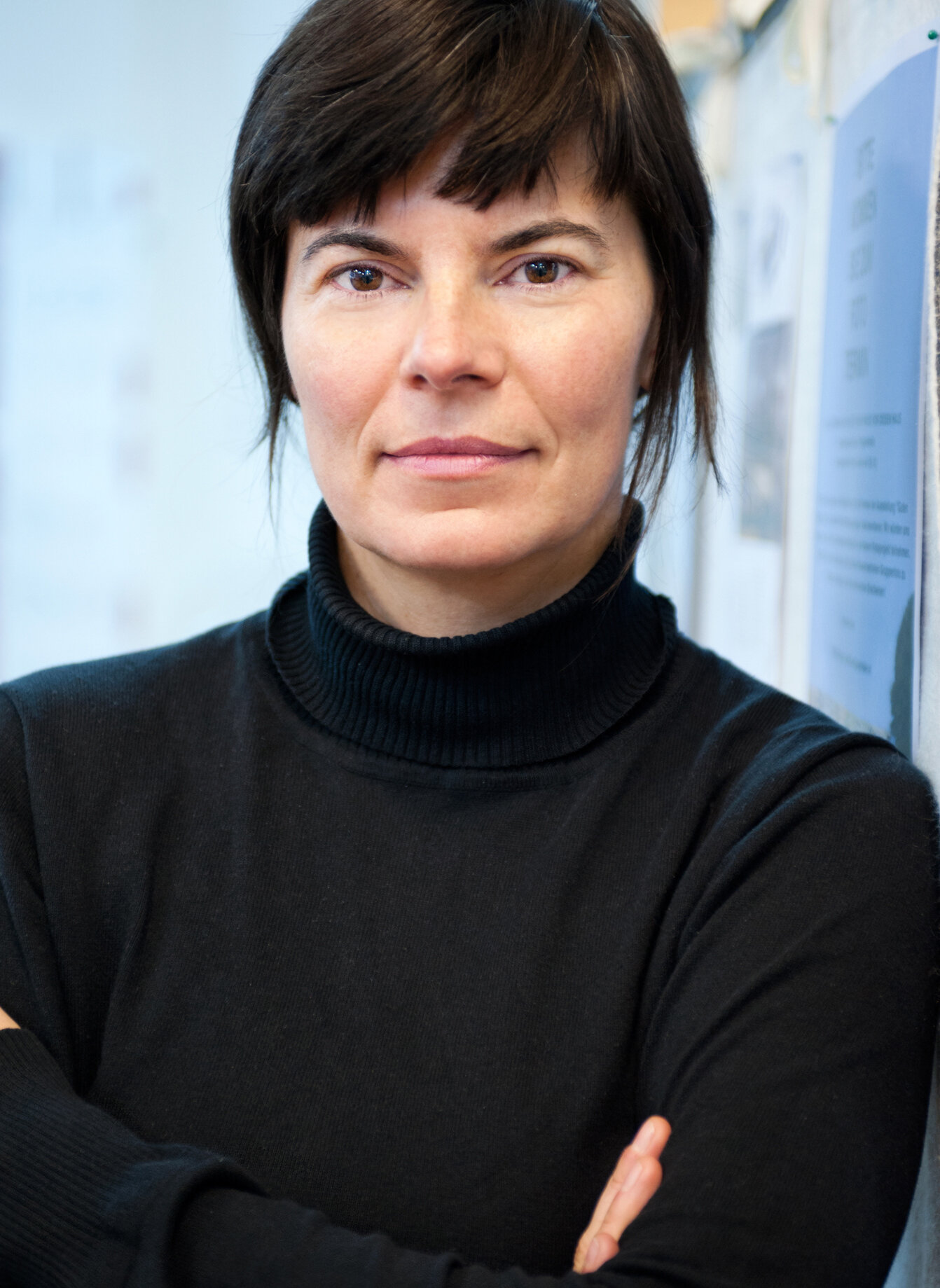
Gabu Heindl
architecture / literature
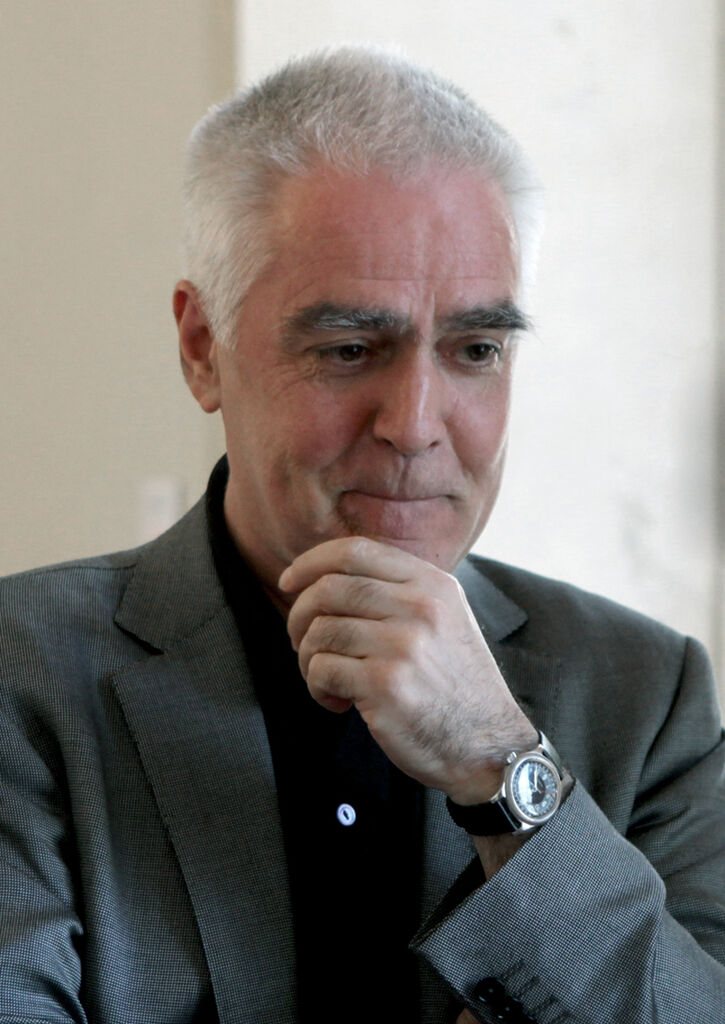
Georg Driendl
architecture / fine arts
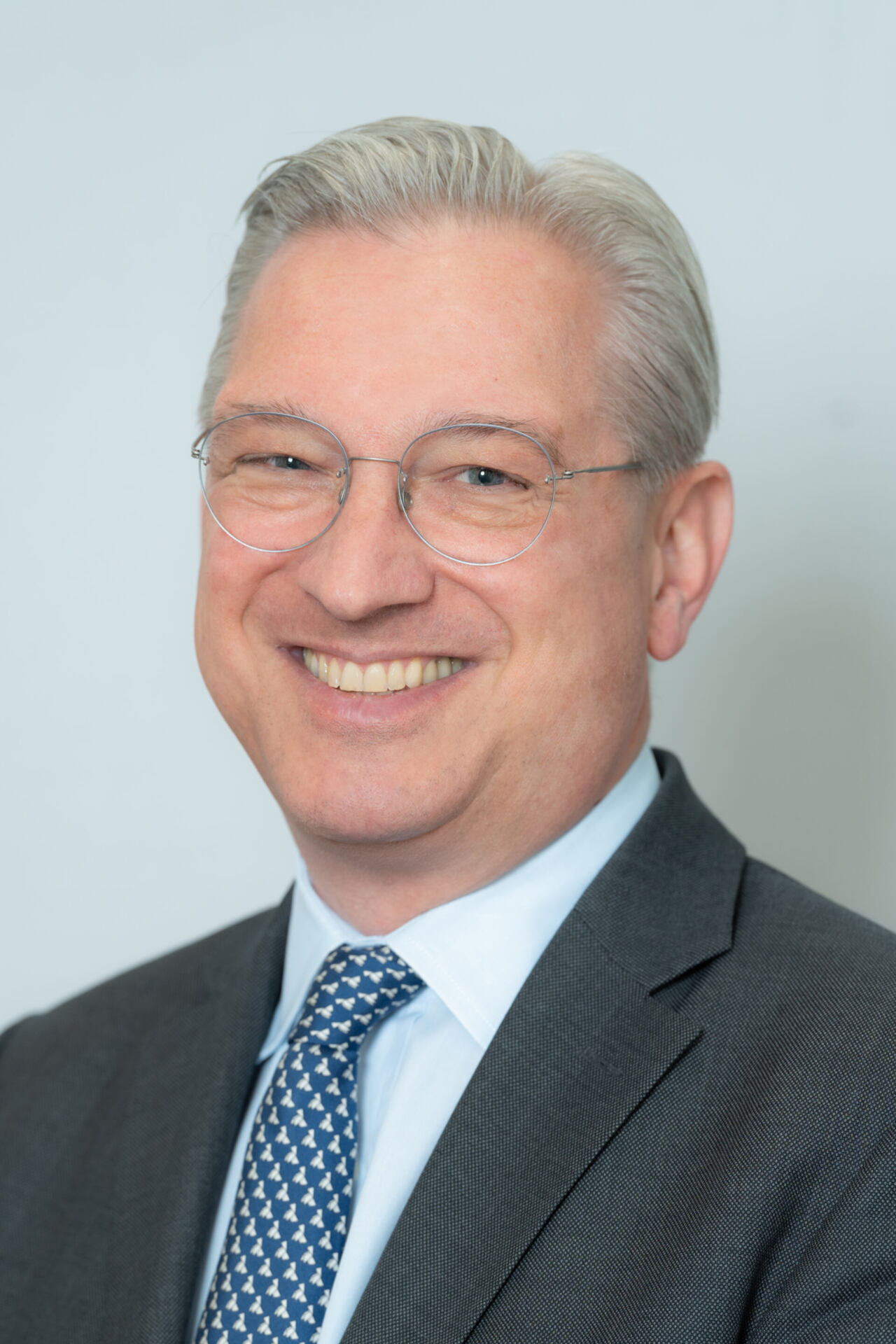
Georg List
mobility
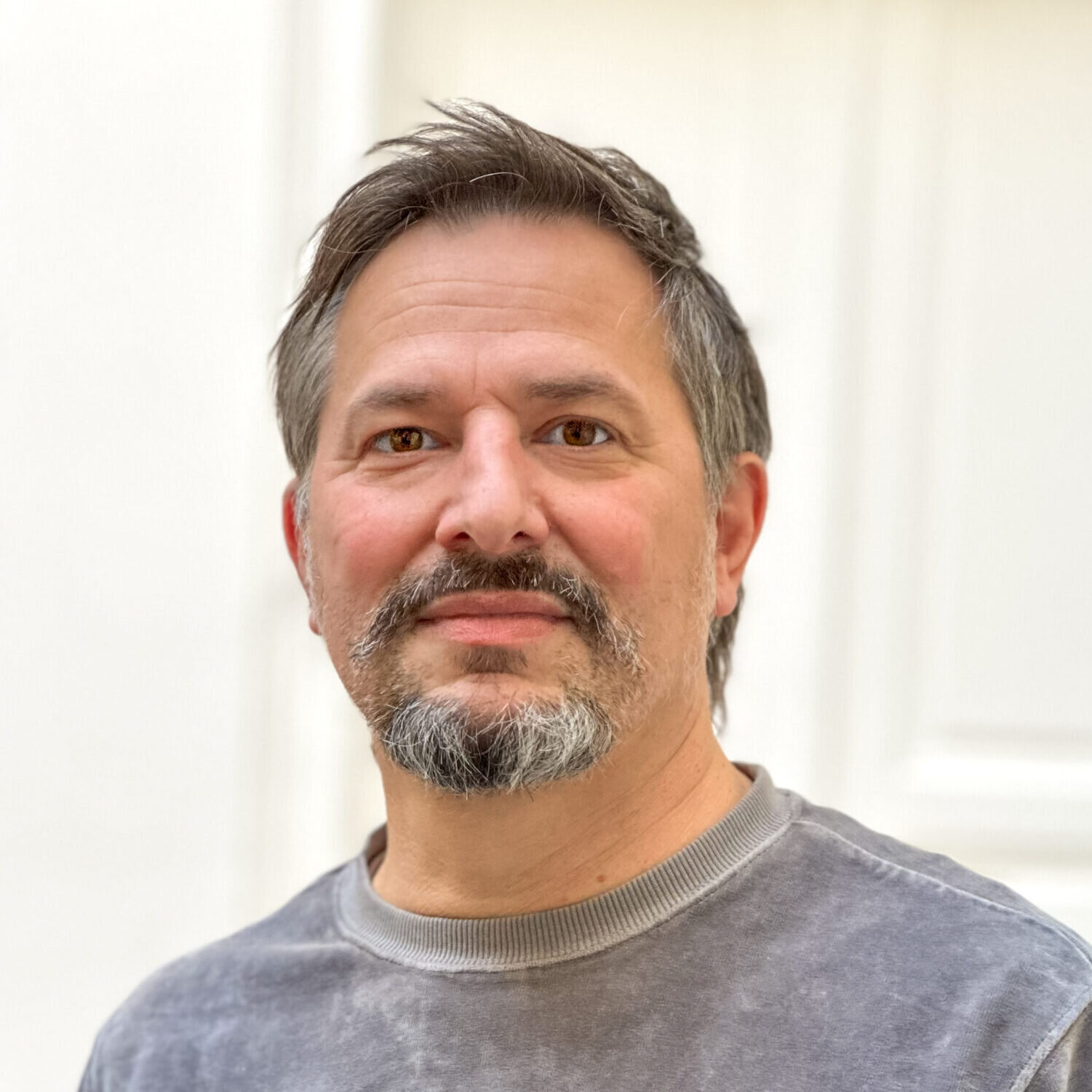
Gerald Priewasser-Höller
architecture / fine arts
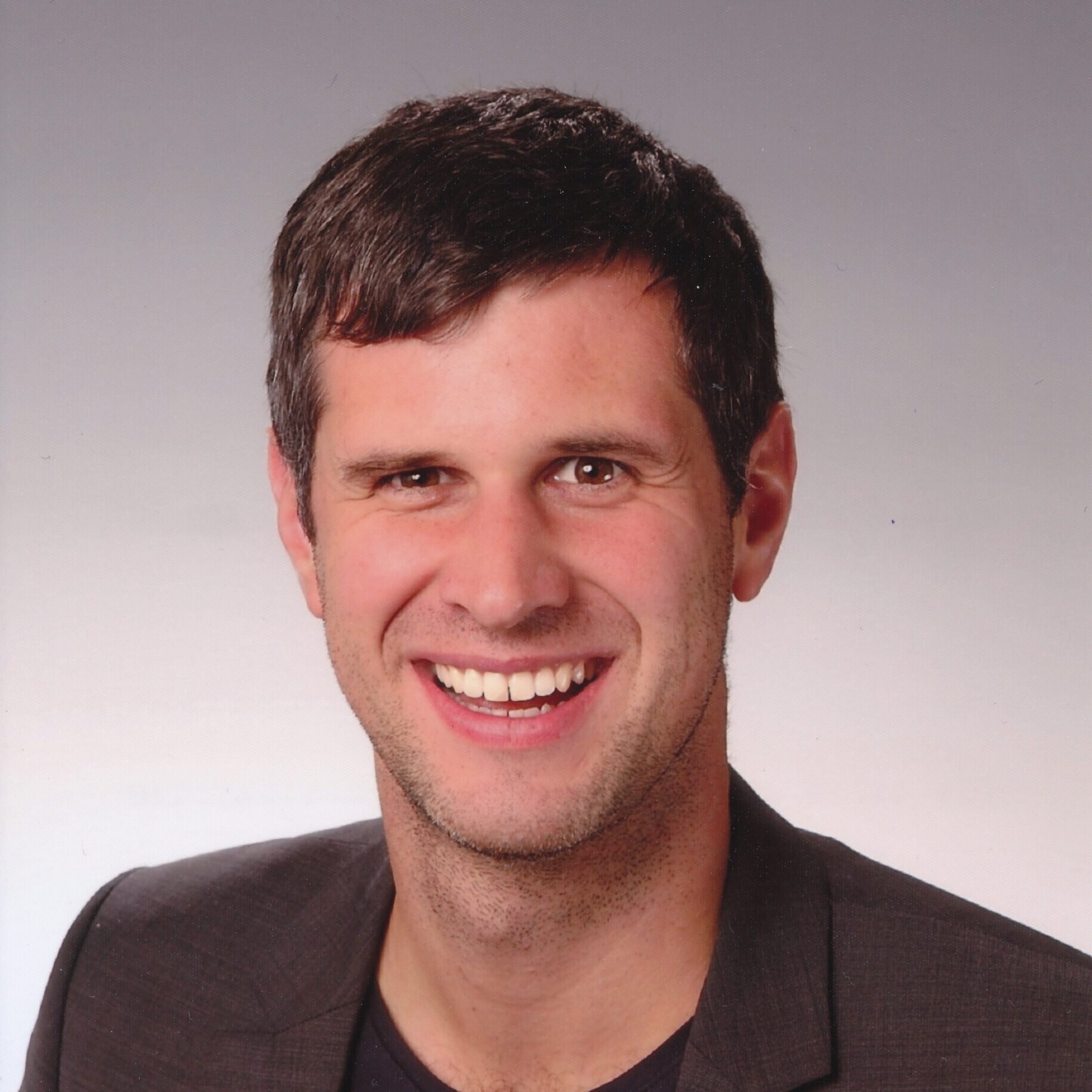
Günther Kain
architecture
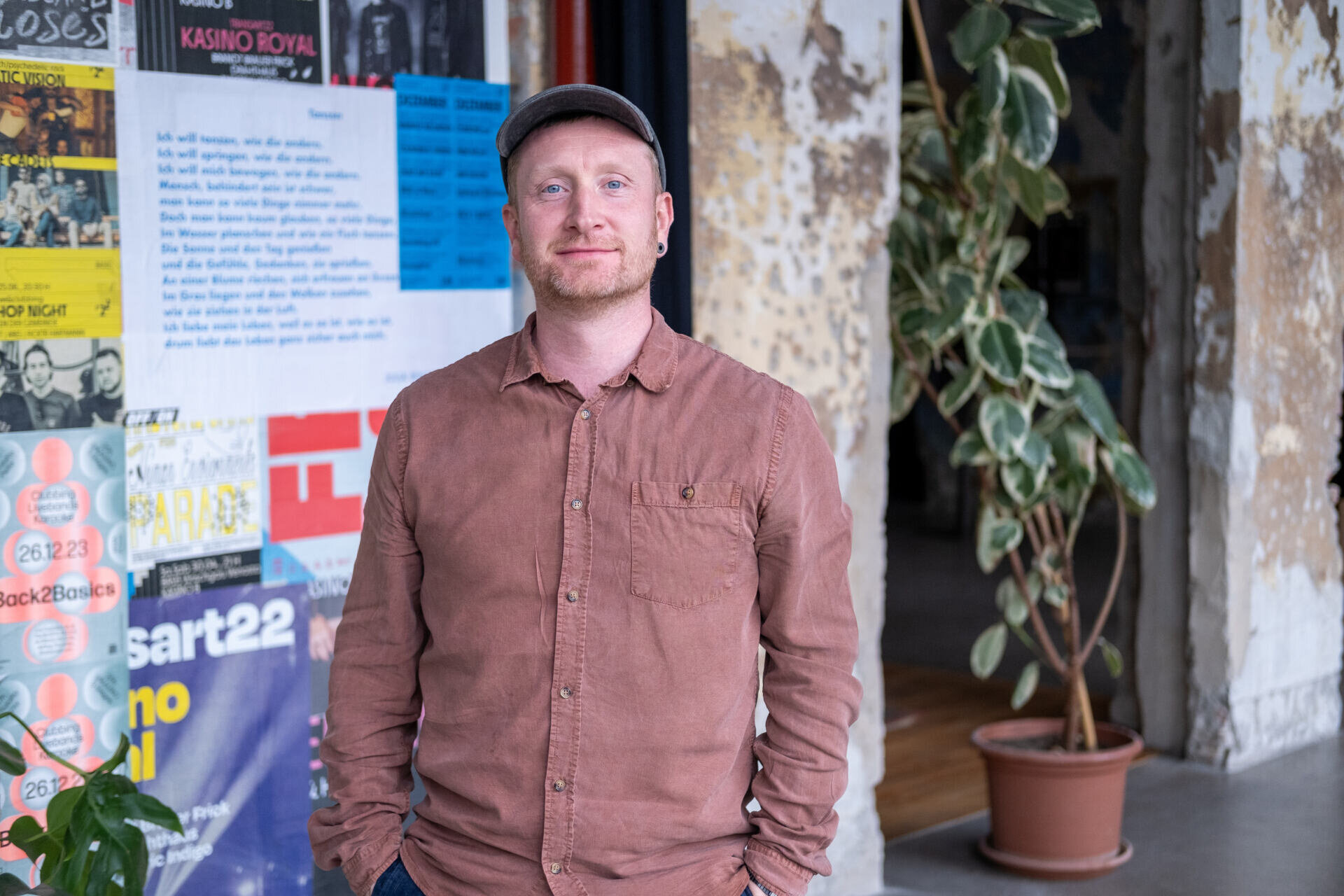
Hannes Götsch
ecology / tourism

Hannes Mayer
architecture / fine arts
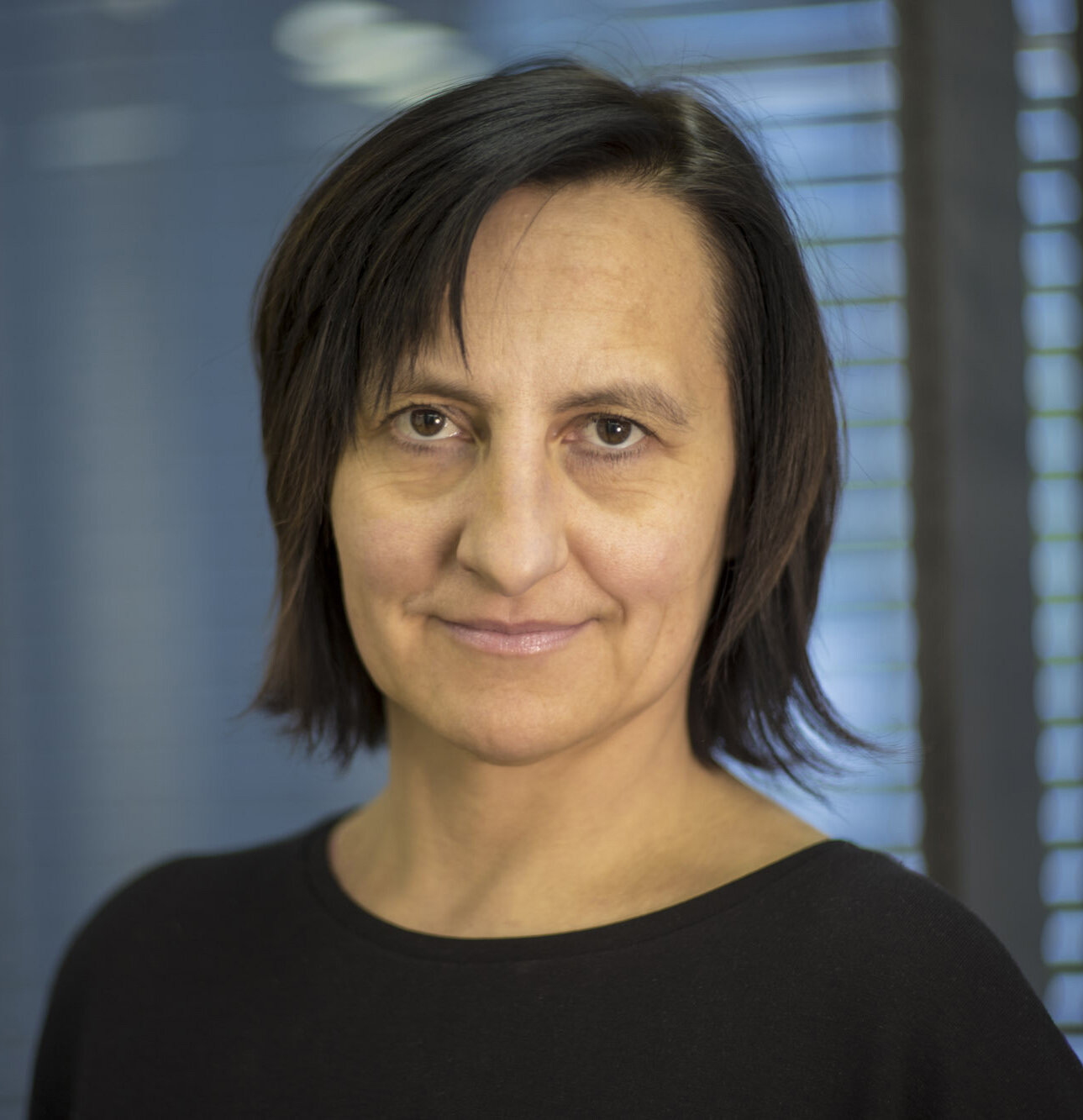
Heidi Pretterhofer
architecture
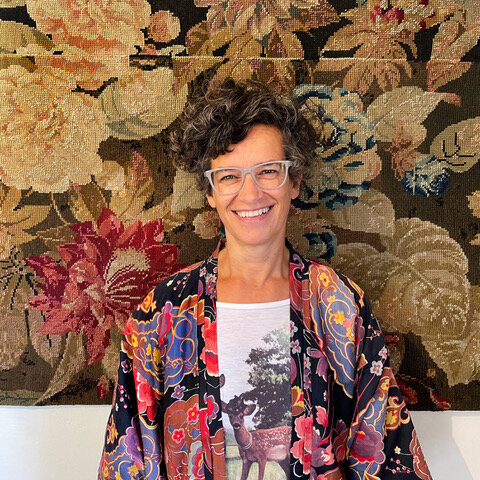
Heidrun Primas
architecture
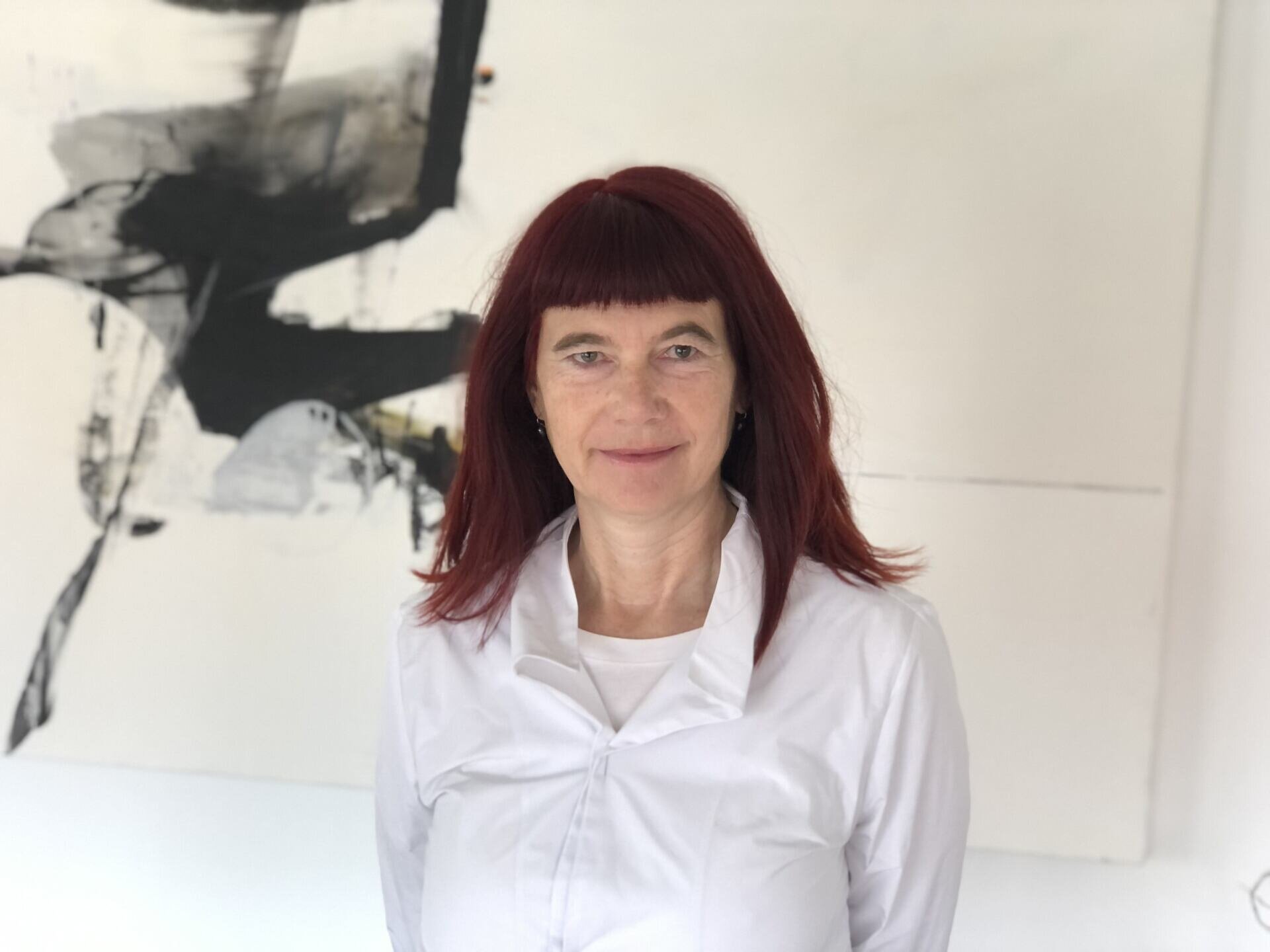
Ines Mitterer
humanities / literature

Isabella Kohlhuber
fine arts / media arts
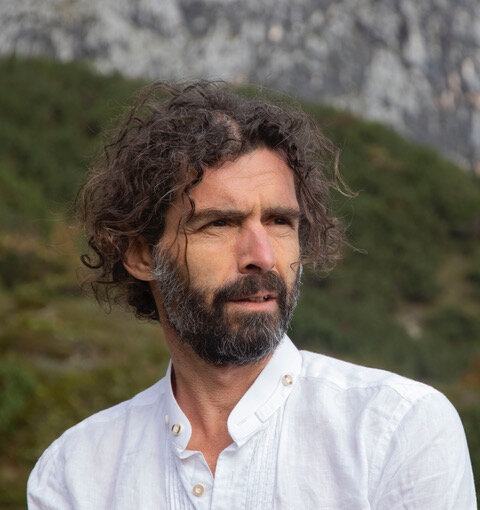
Jens Badura
fine arts / philosophy
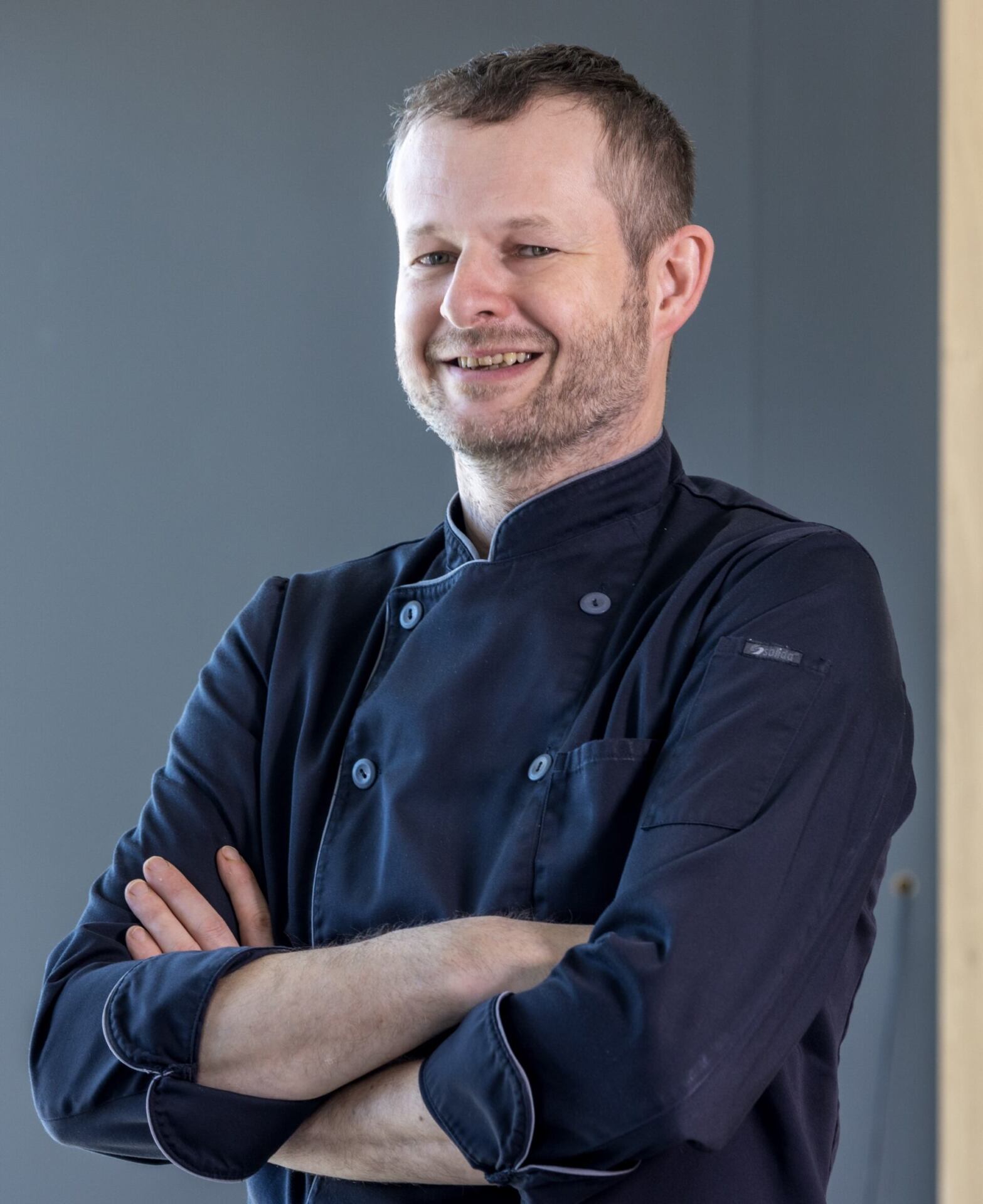
Jochen Neustifter
culinary / ecology
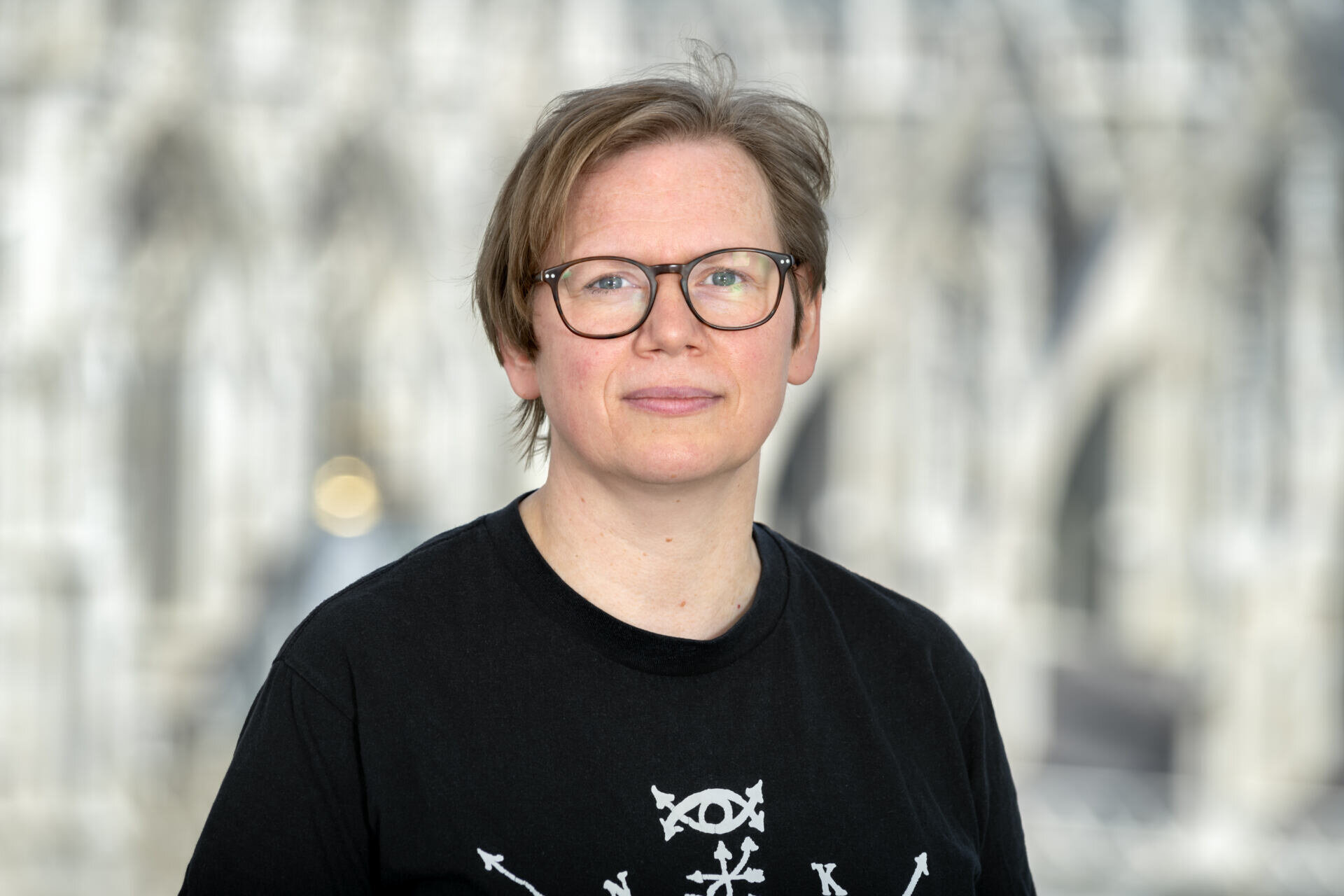
Karin Harrasser
fine arts / humanities
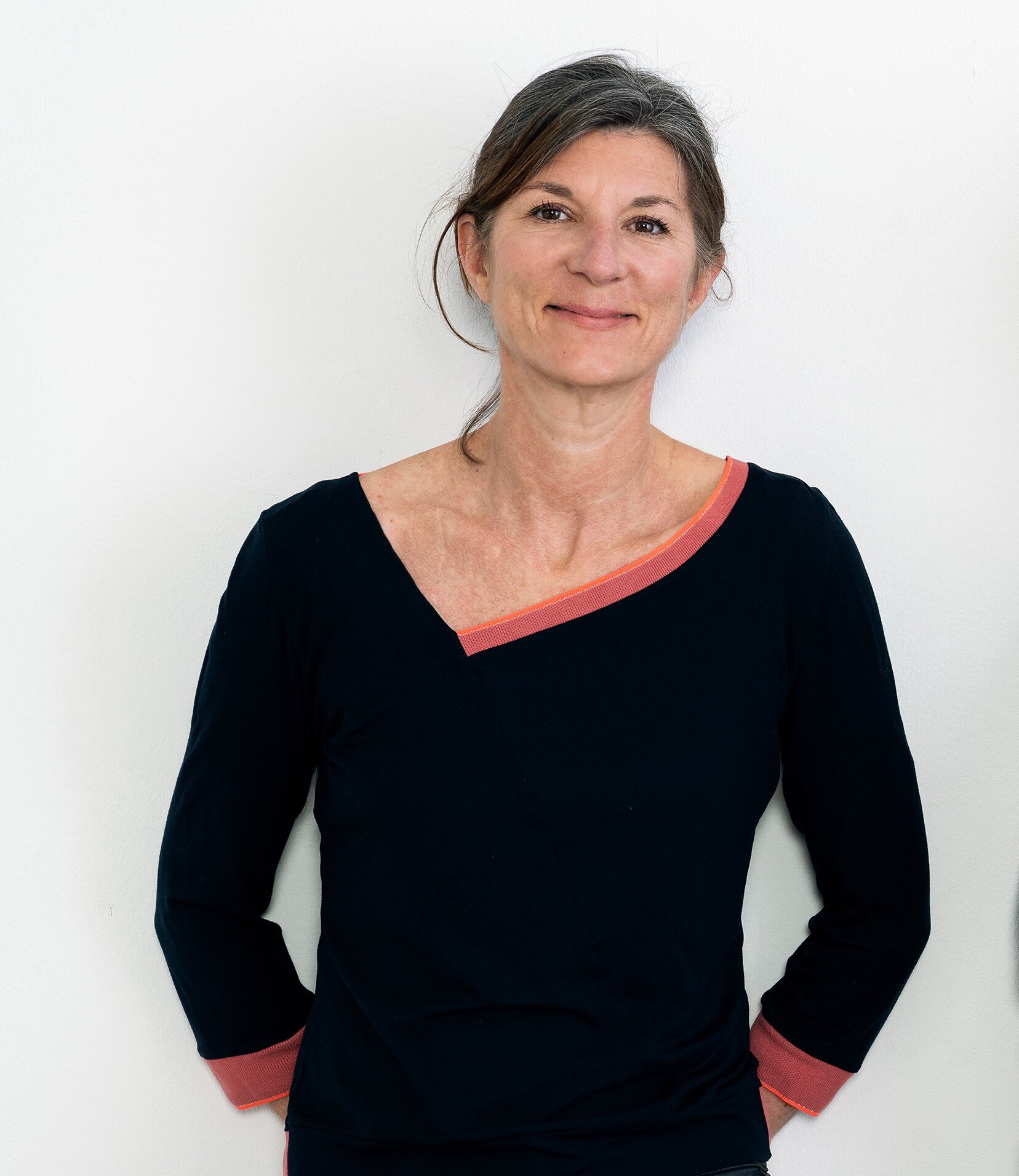
Katharina Ritter
architecture / mobility

Kathrin Aste
architecture
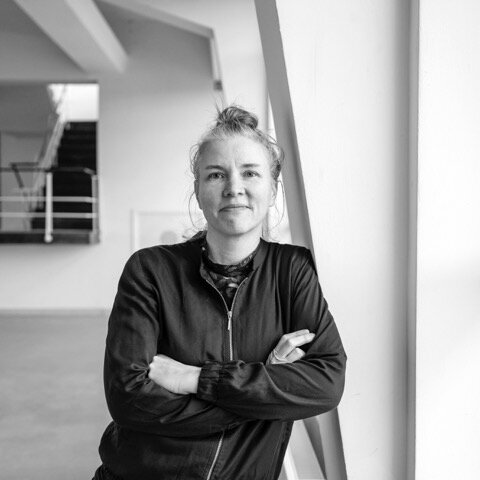
Katja Fischer
architecture
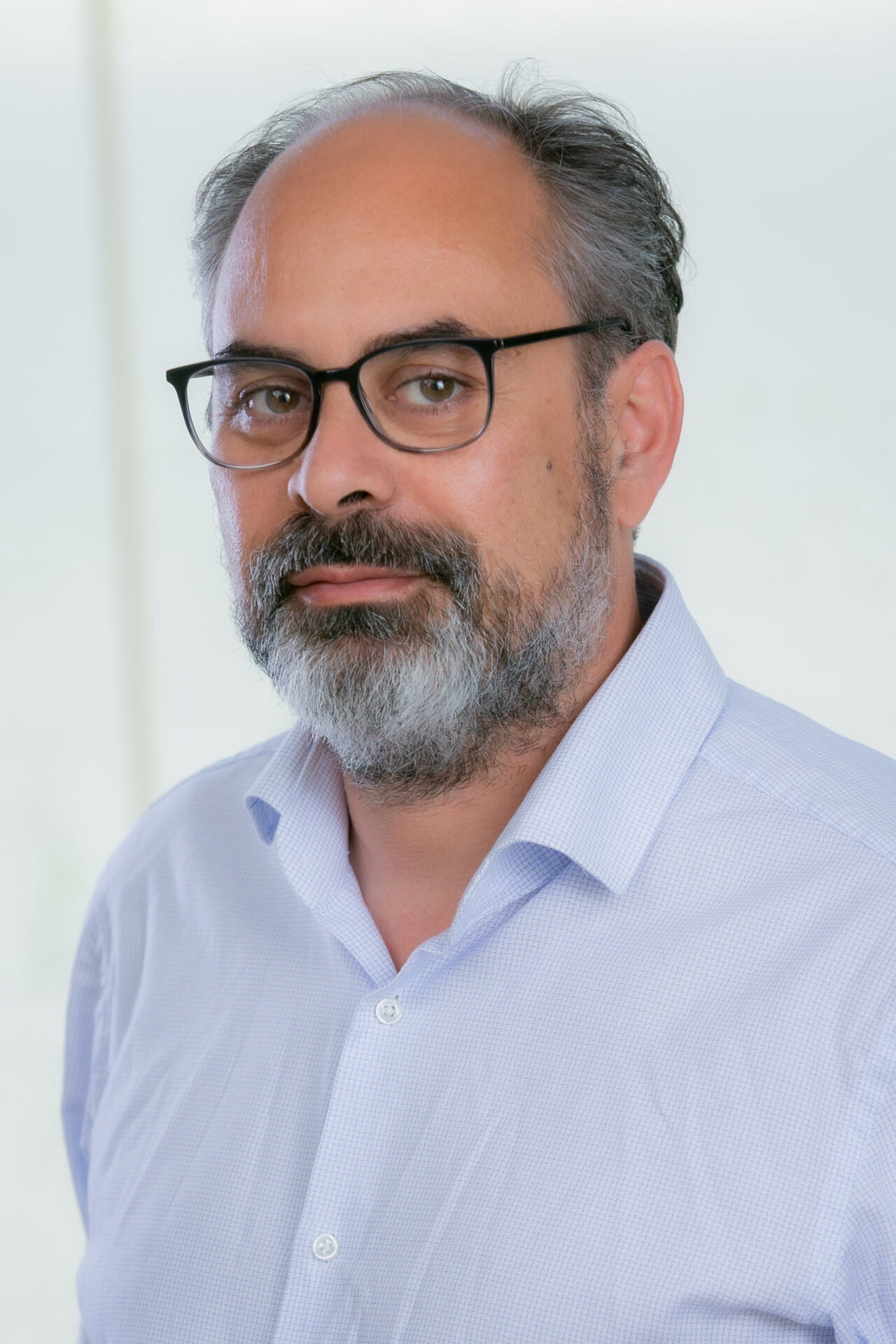
Keywan Riahi
ecology

Kjetil Trædal Thorsen
architecture

Klaus Klaas Loenhart
architecture / Bildung / ecology / Landschaftsarchitektur

Konrad Frey
architecture
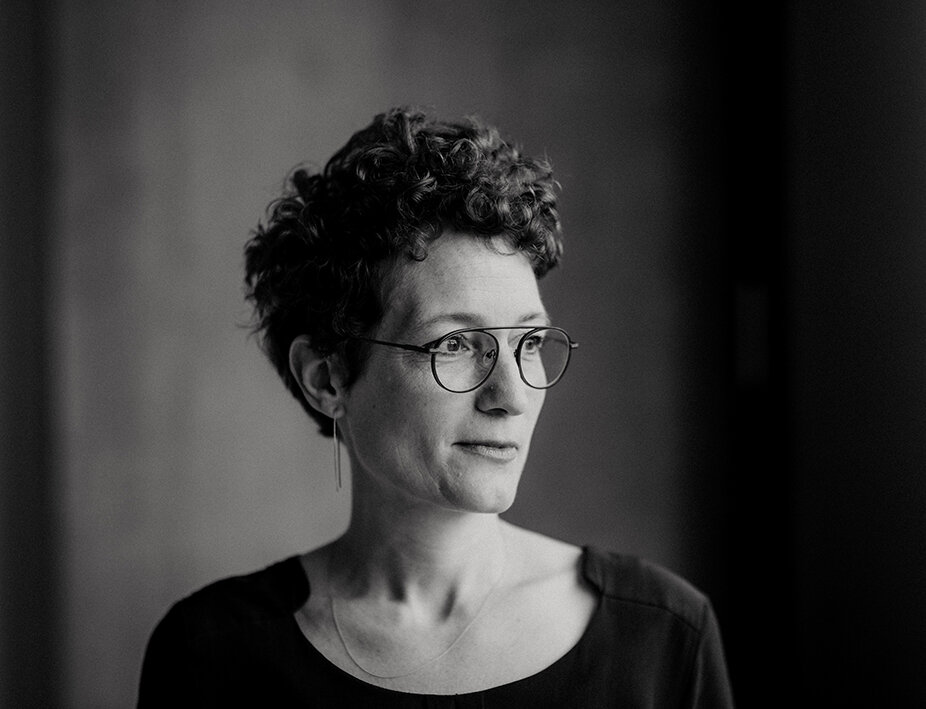
Lola Meyer
architecture / ecology

Marie-Therese Harnoncourt-Fuchs
architecture / fine arts

Marlene Rutzendorfer
architecture / education / fine arts
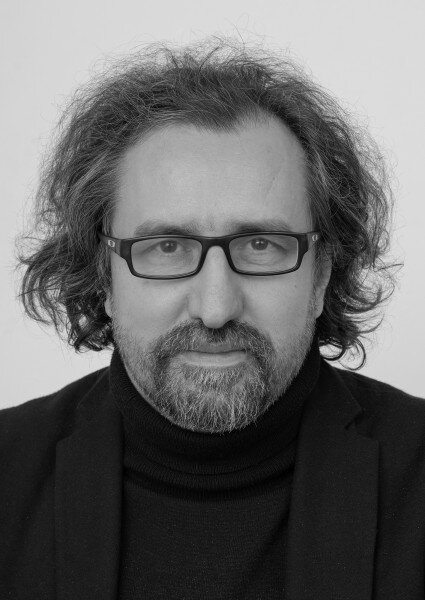
Michael Obrist
architecture / education
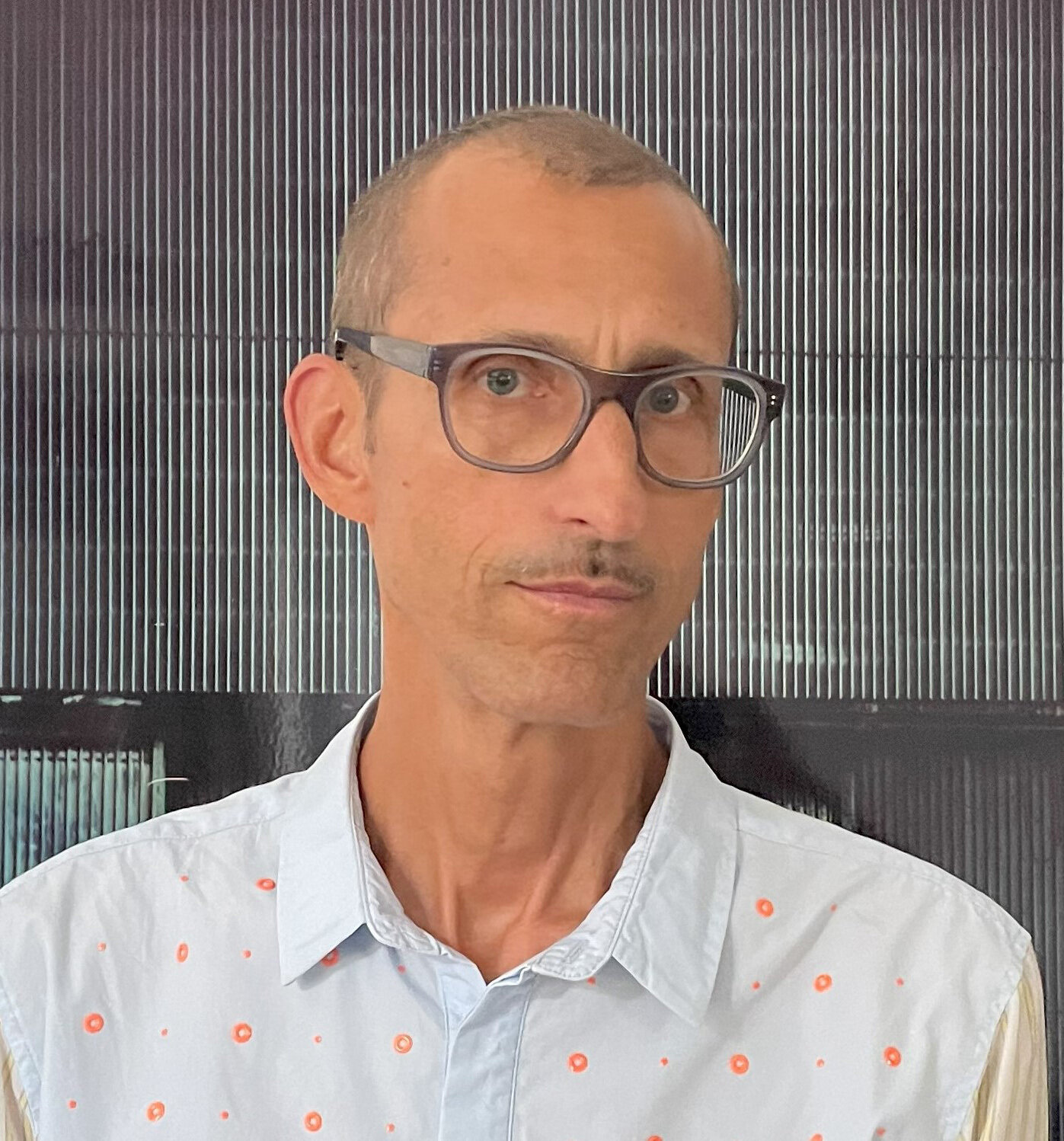
Michael Rieper
architecture

Richard Manahl
architecture
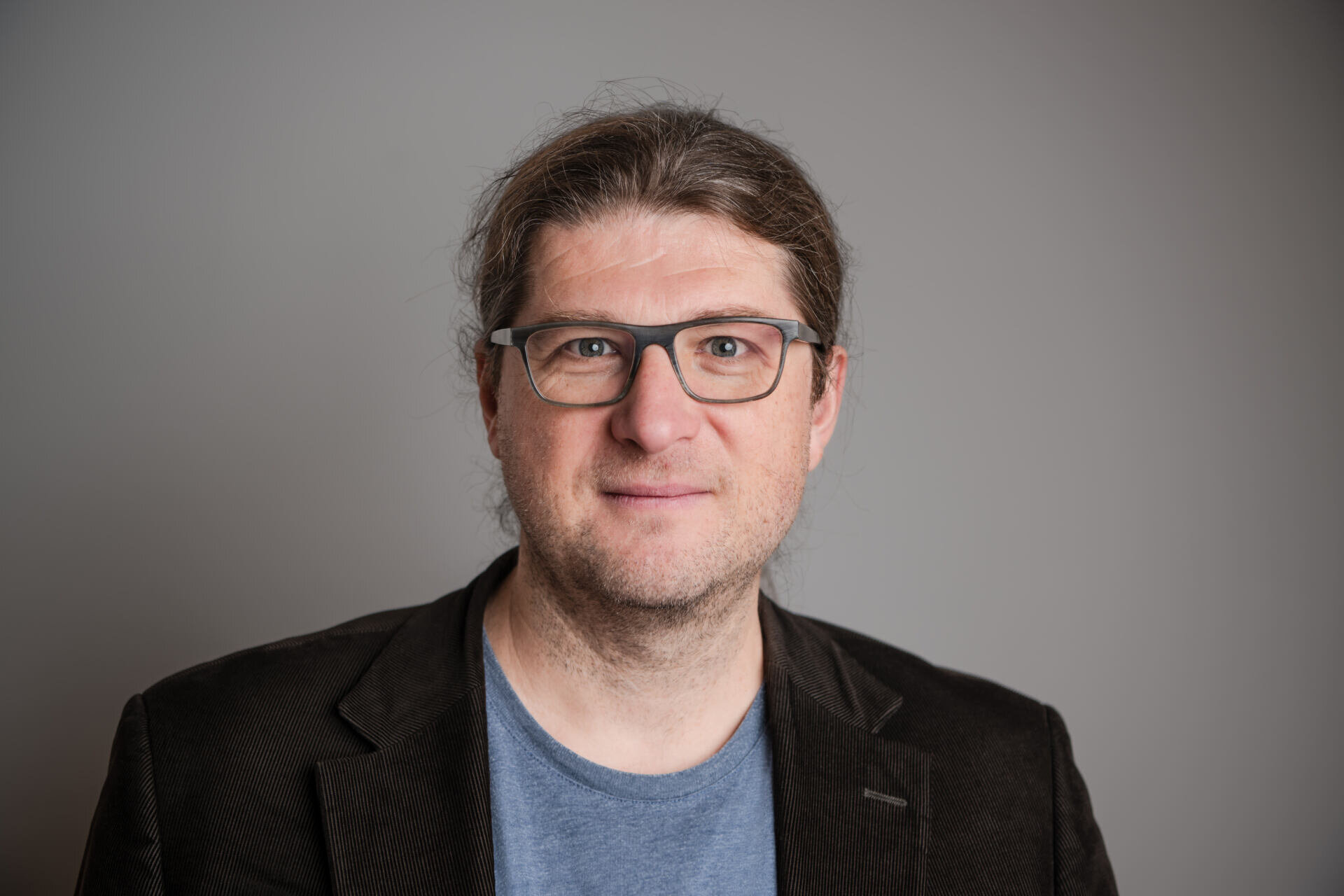
Robert Temel
architecture

Sabine Kienzer
fine arts / literature / performing arts
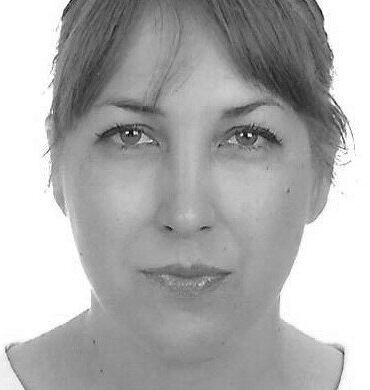
Sarah Blahut
architecture

Simone Barlian
fine arts
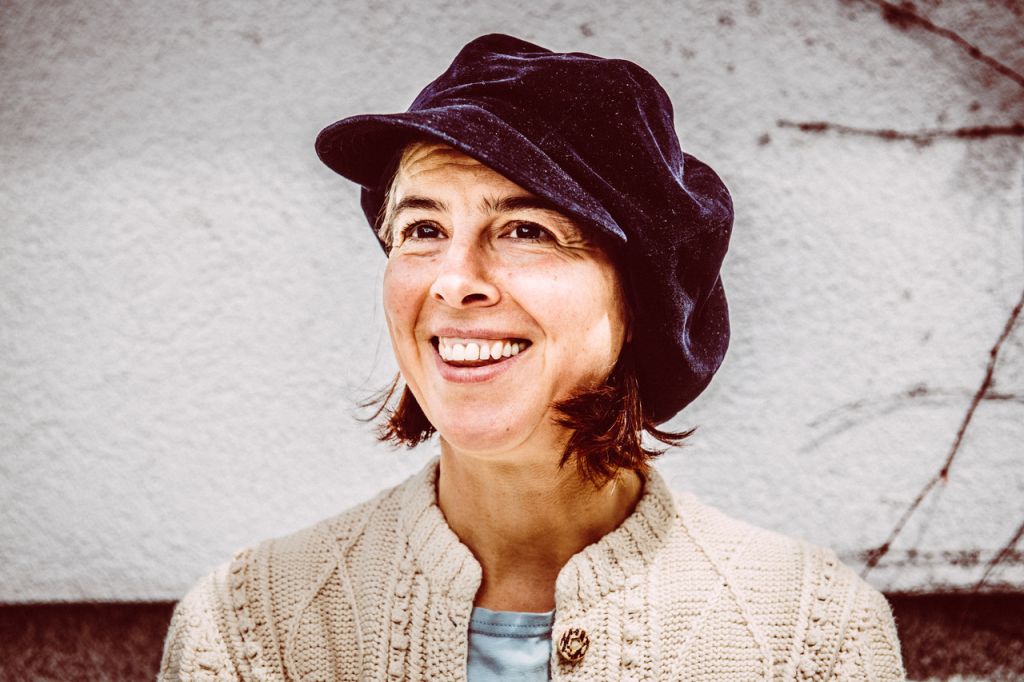
Simone Zopf
general / performing arts
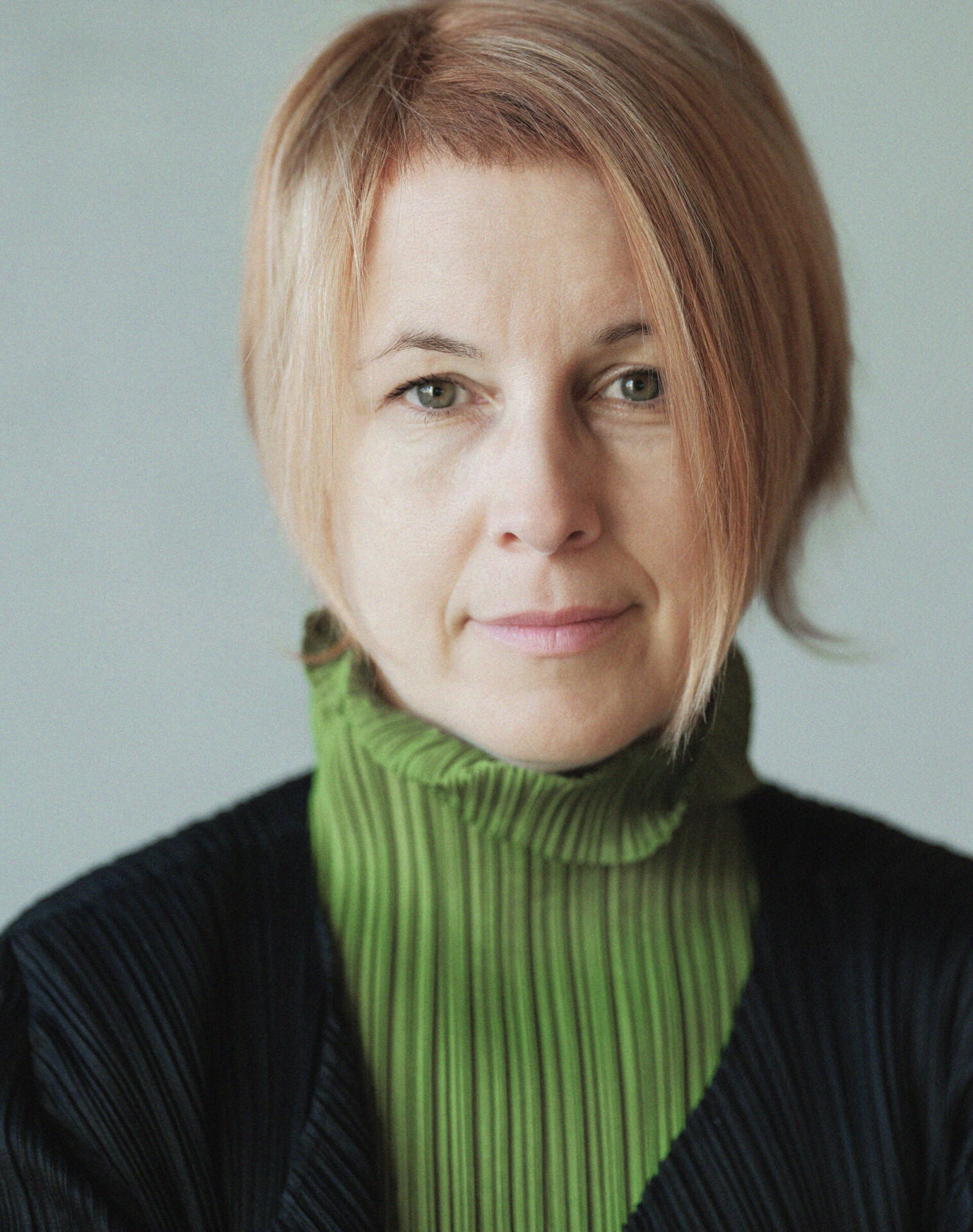
Spela Videcnik
architecture / fine arts

Team Wirtshauslabor
culinary / gastronomy
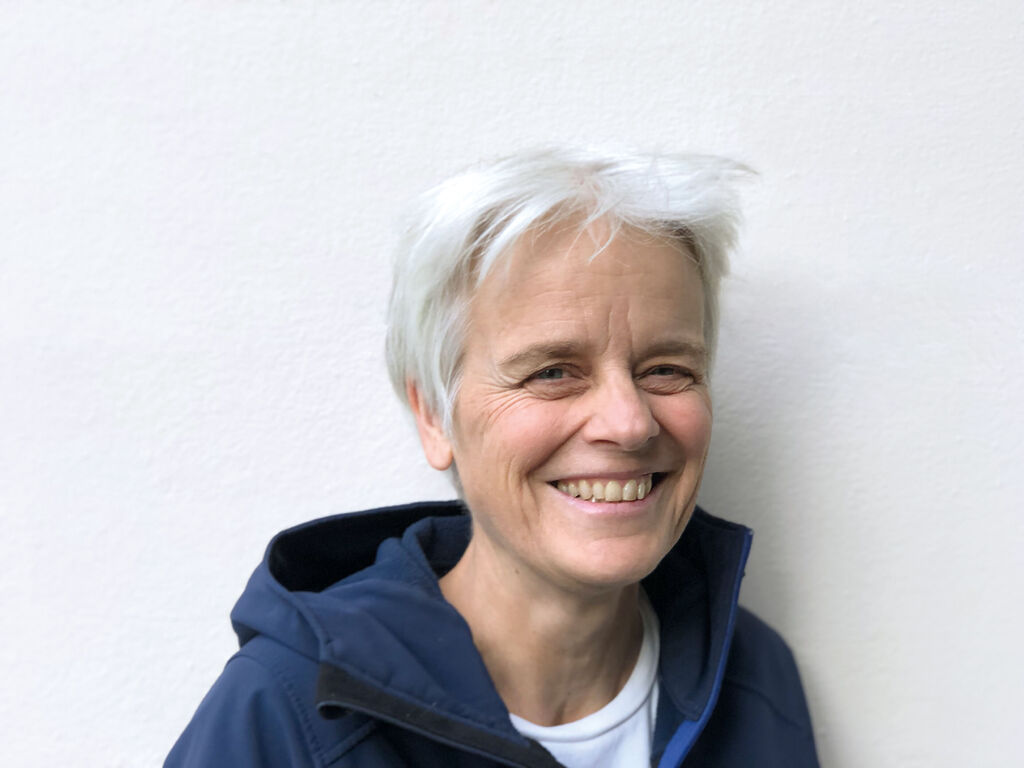
Ulrike Herrmann
literature / philosophy
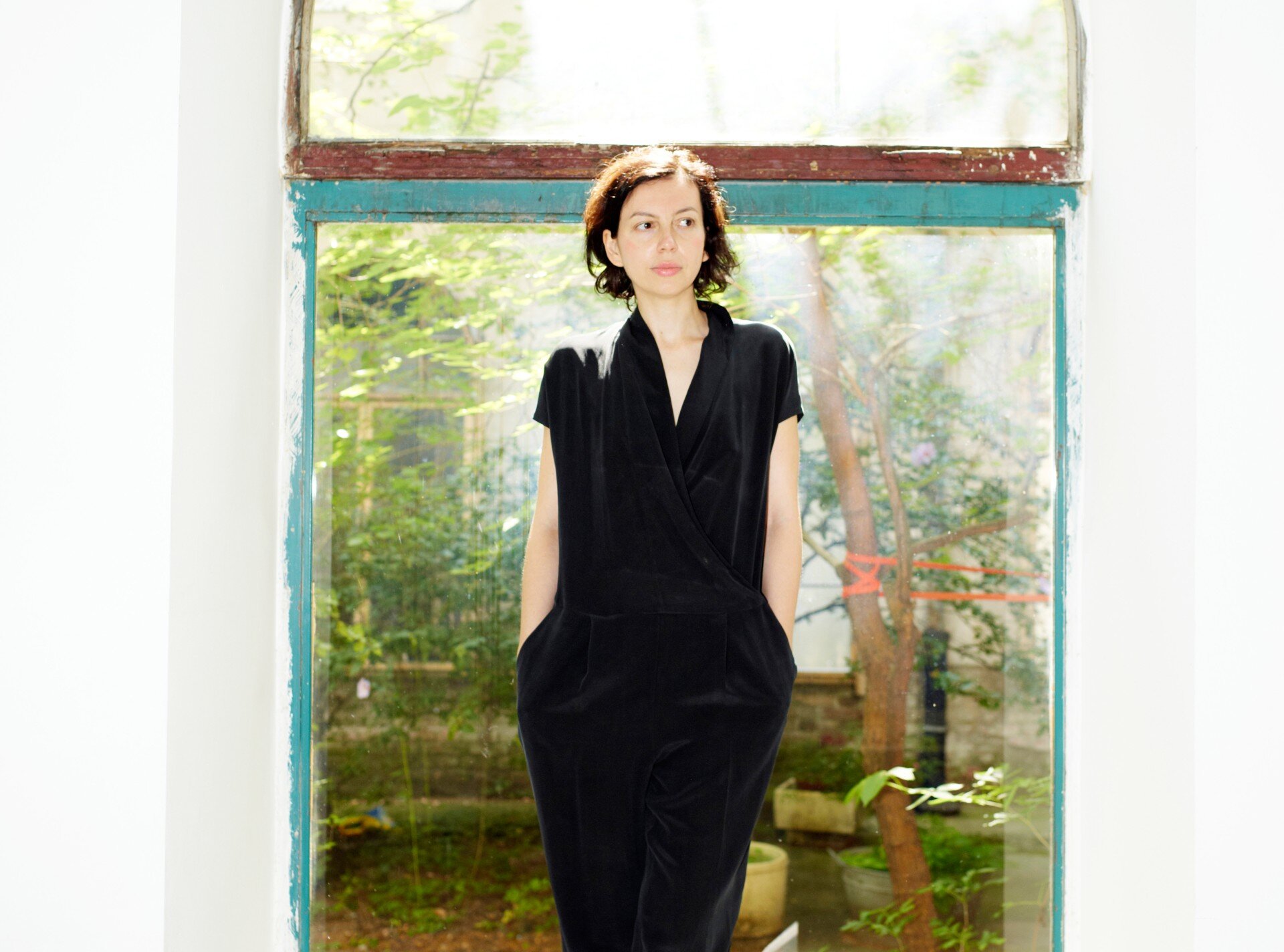
Ute Ploier
fashion / performing arts
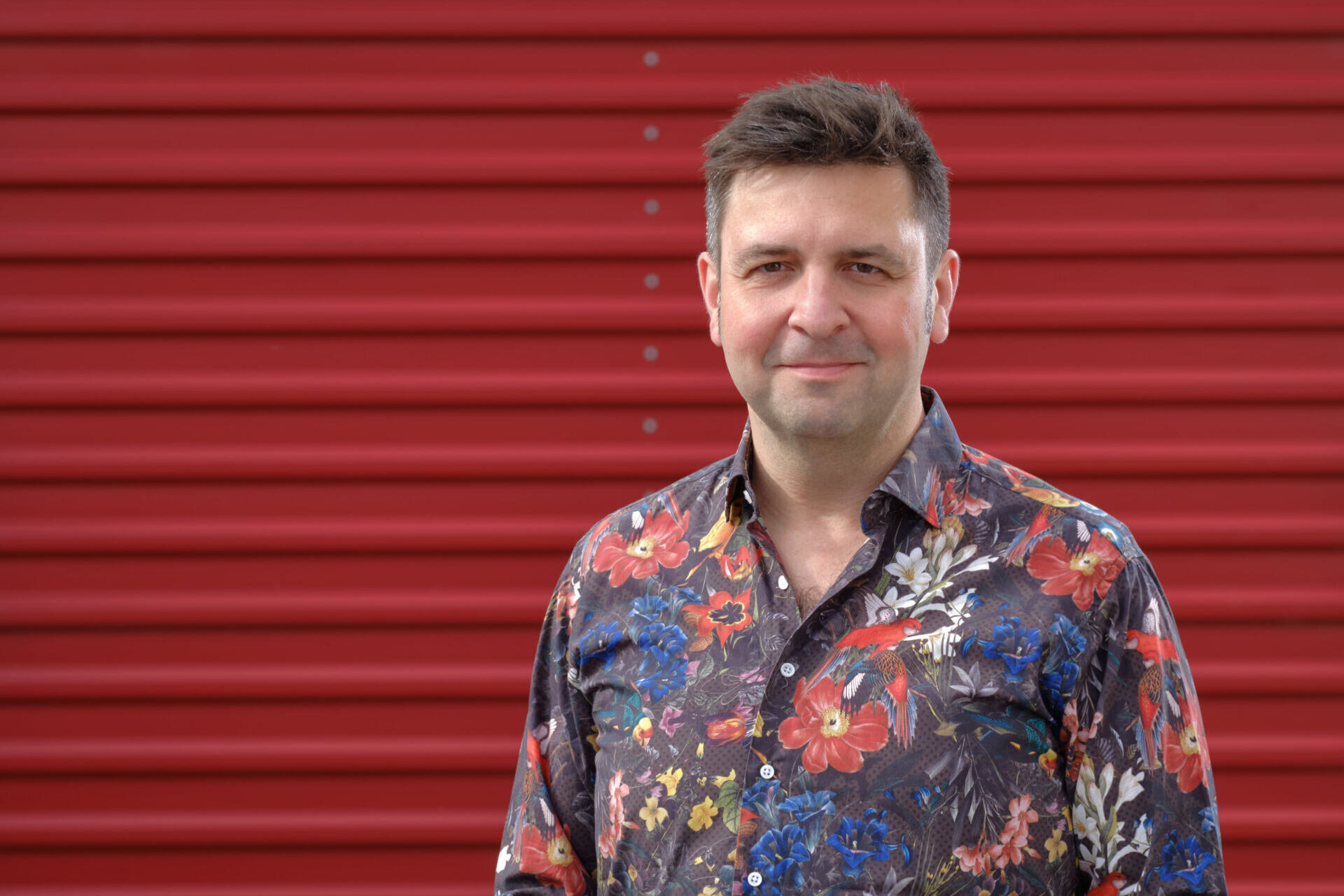
Wojciech Czaja
architecture / literature
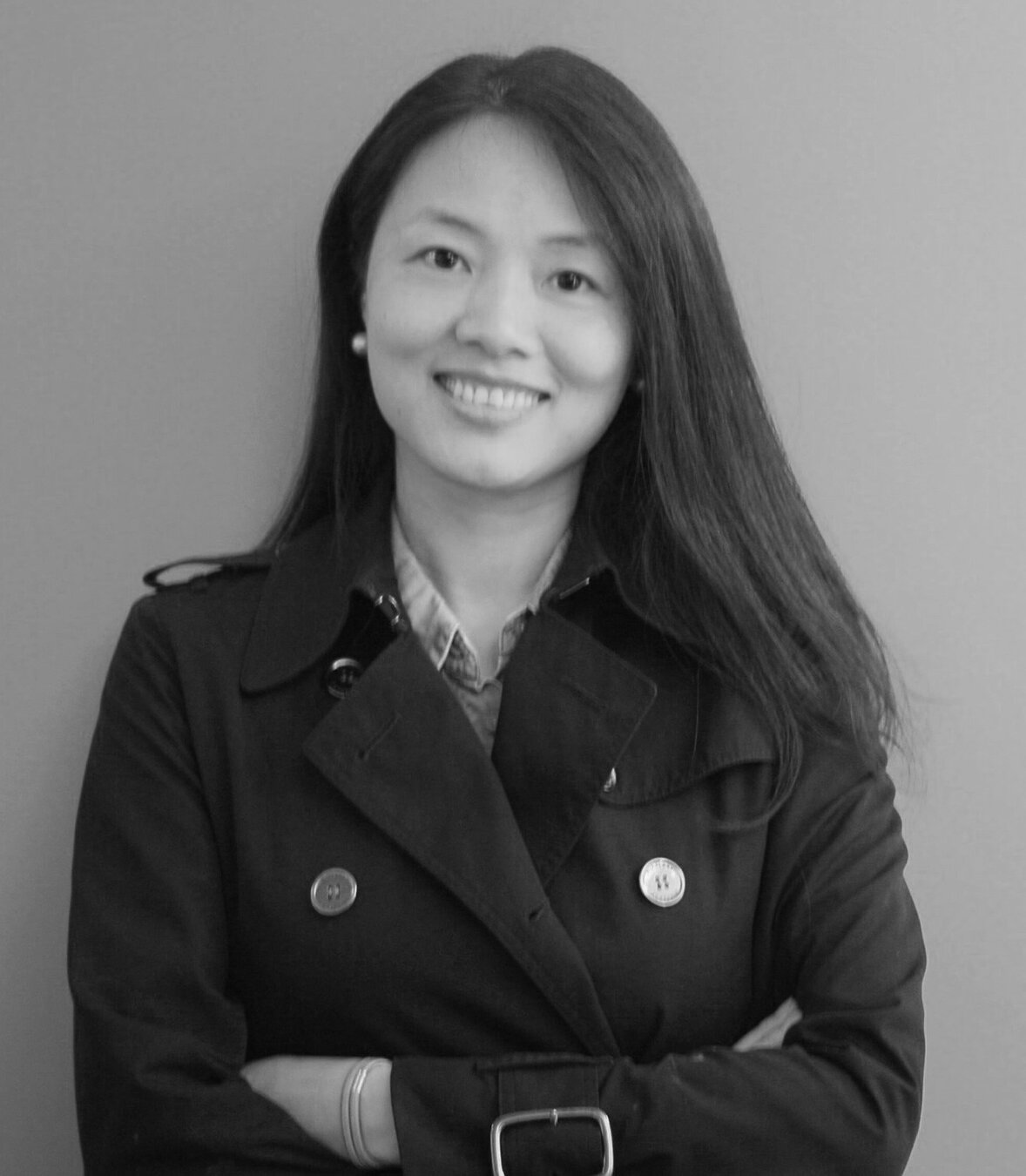
Xu Tiantian
architecture
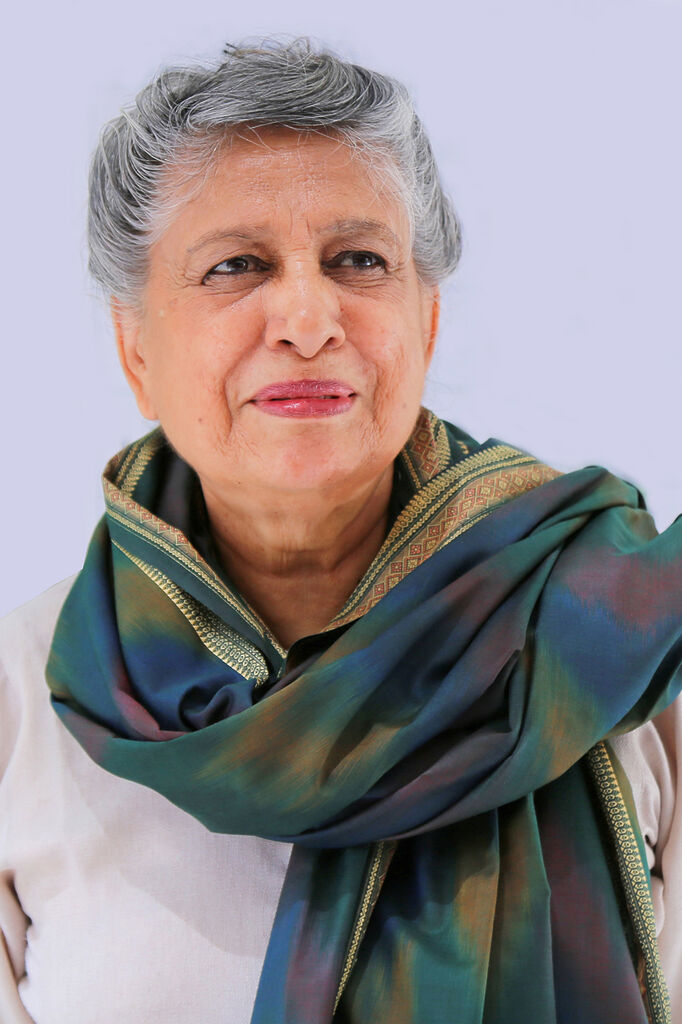
Yasmeen Lari
architecture
